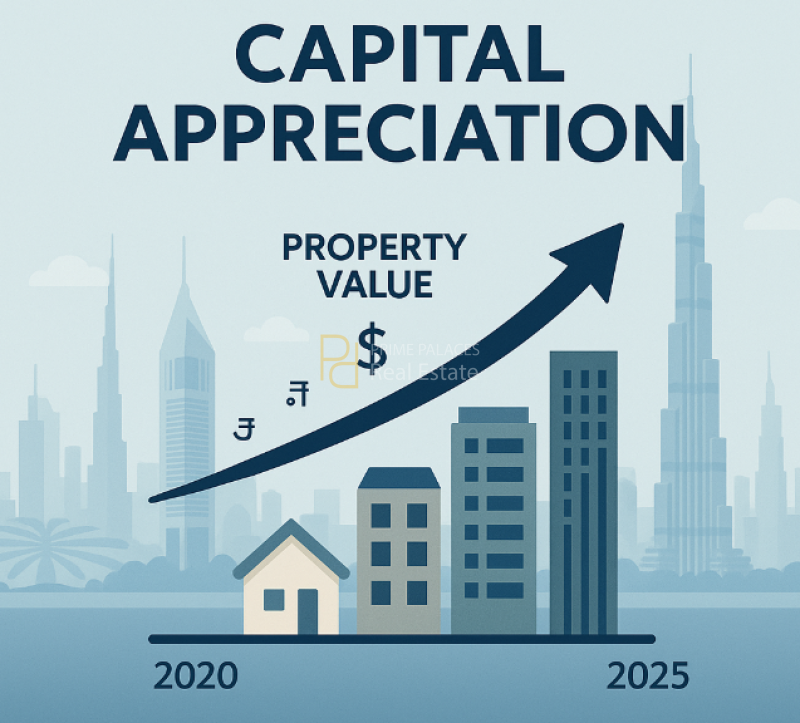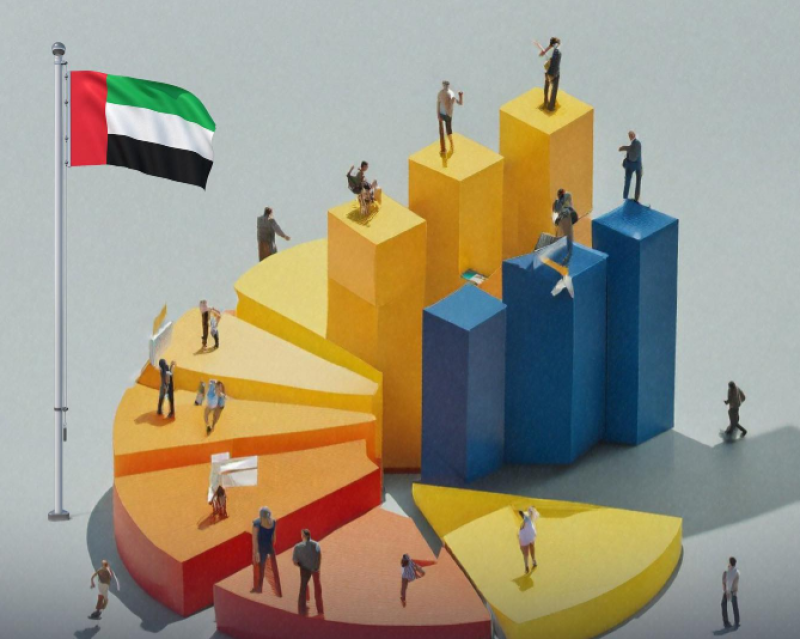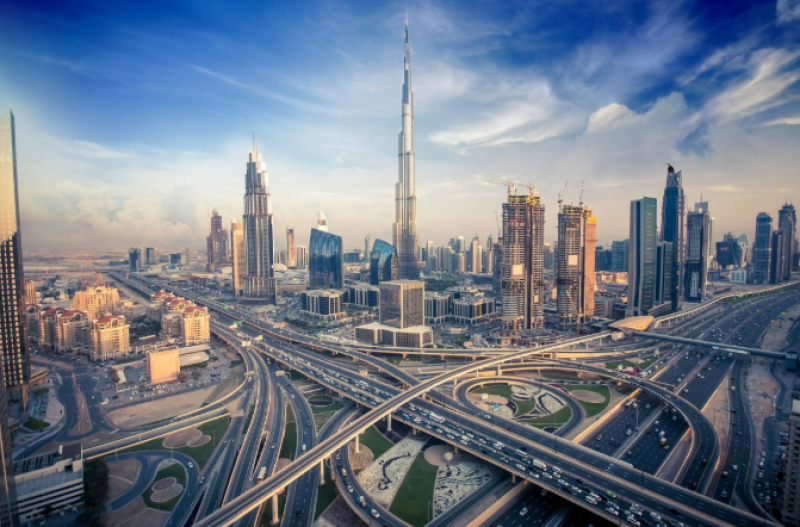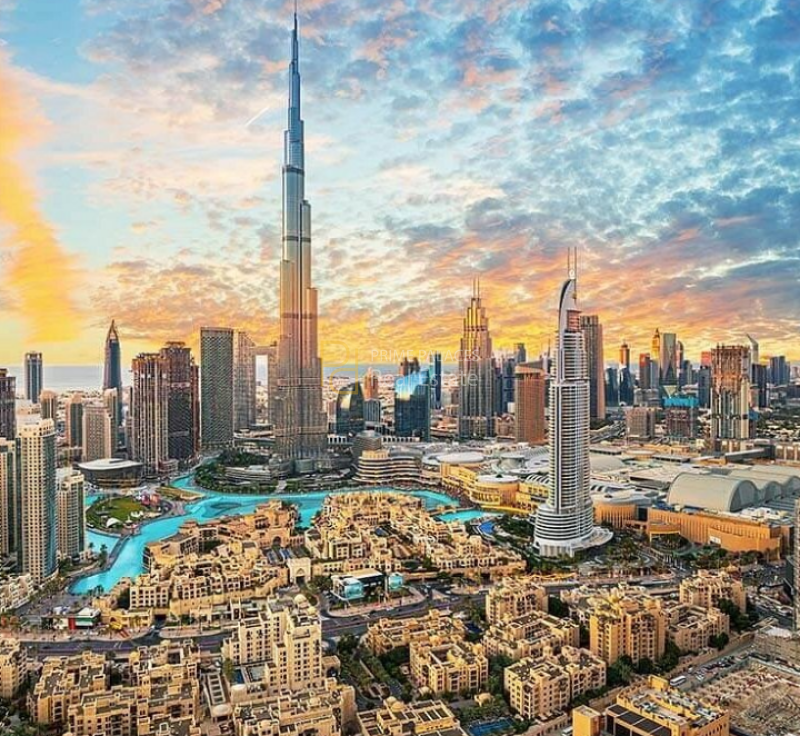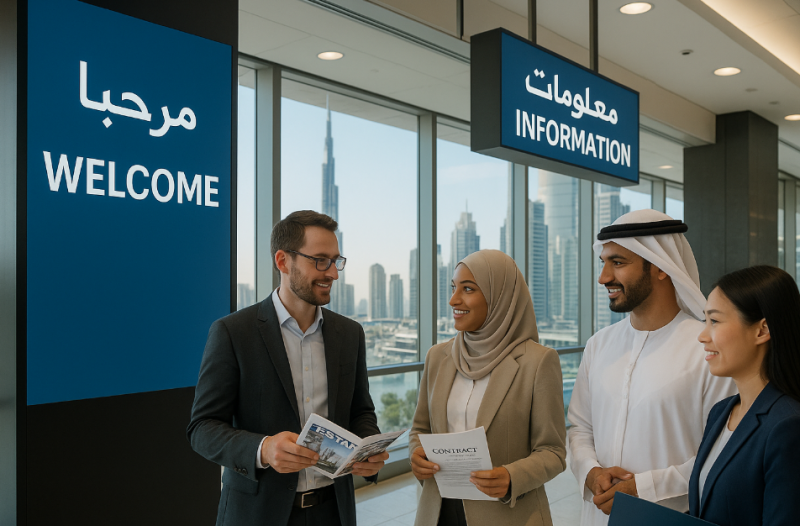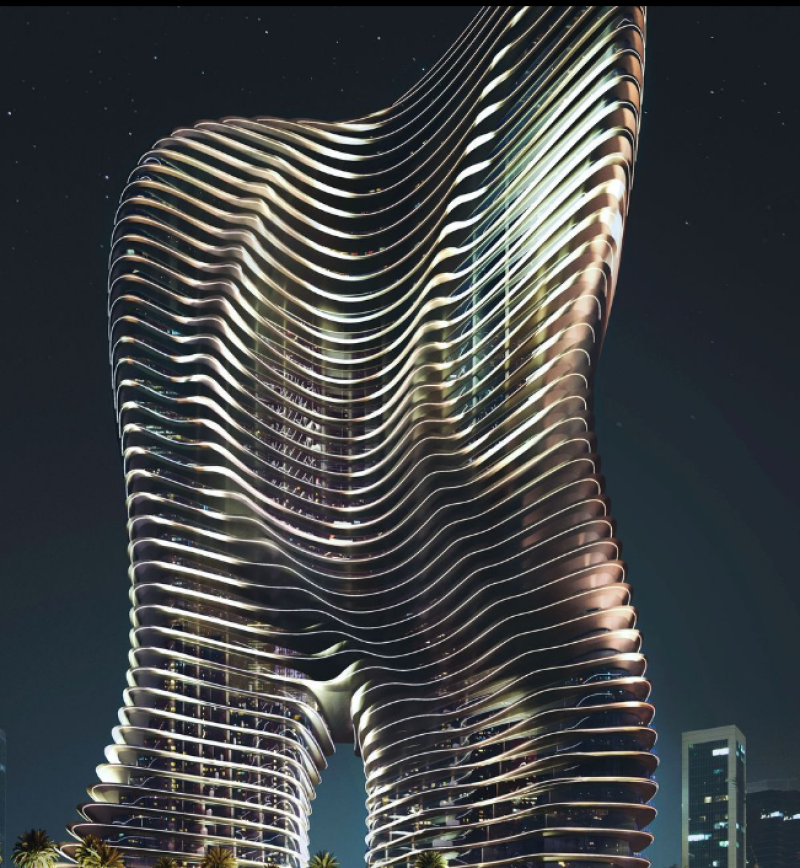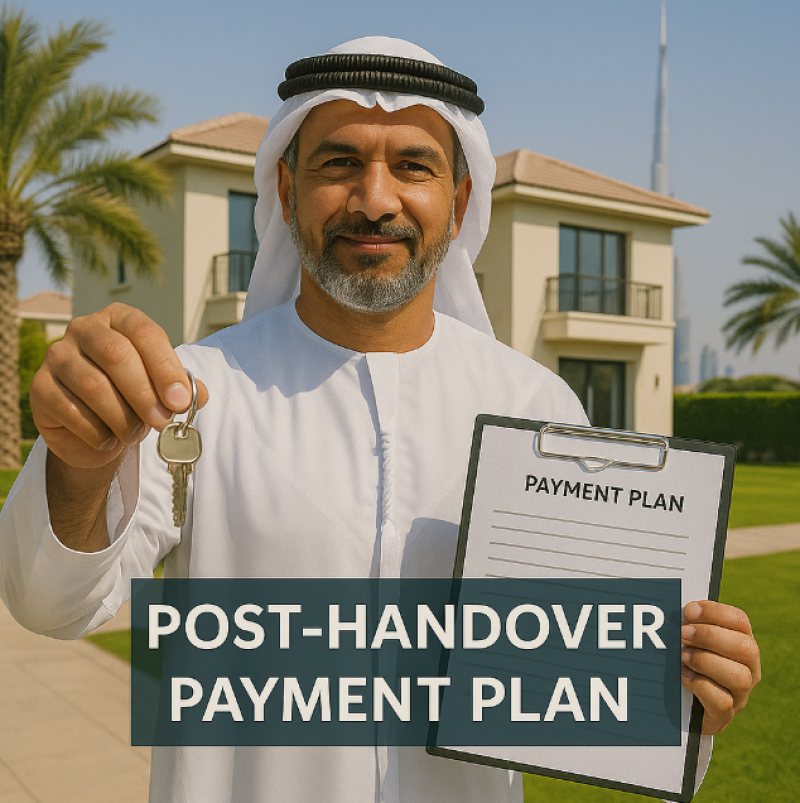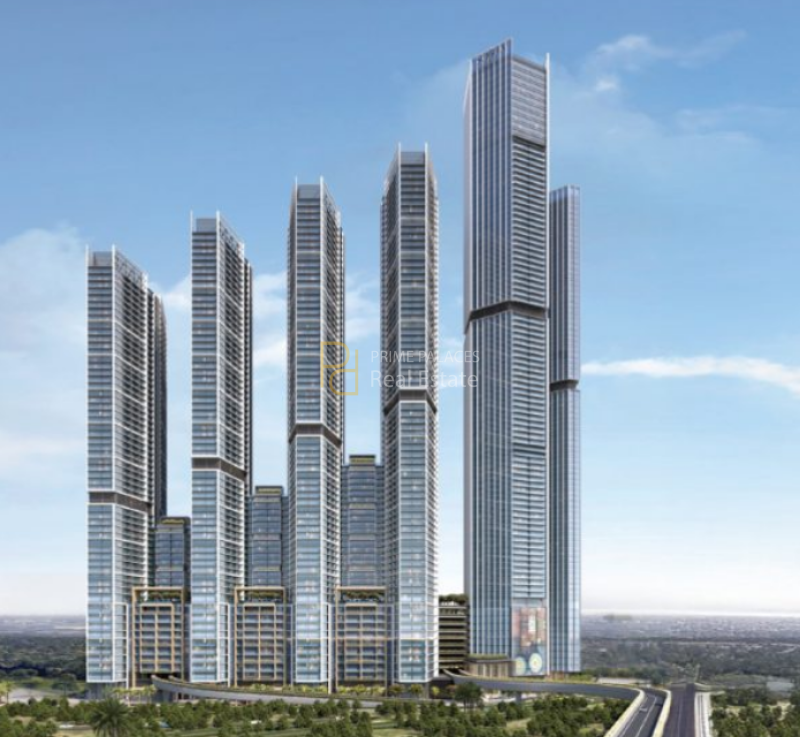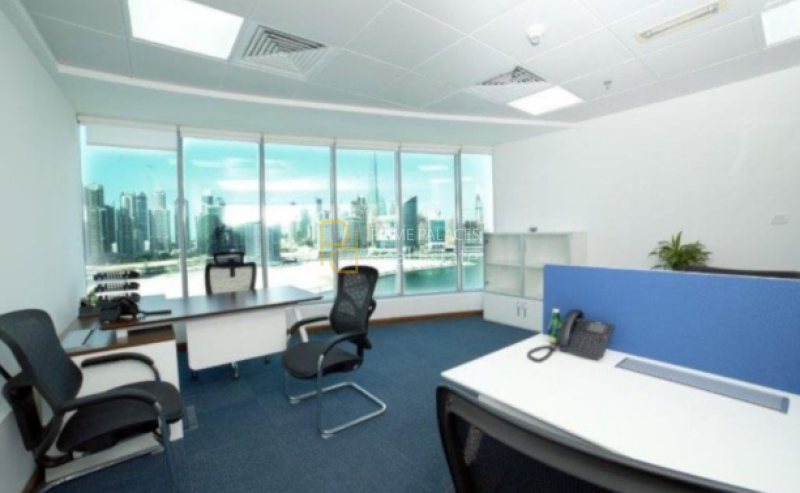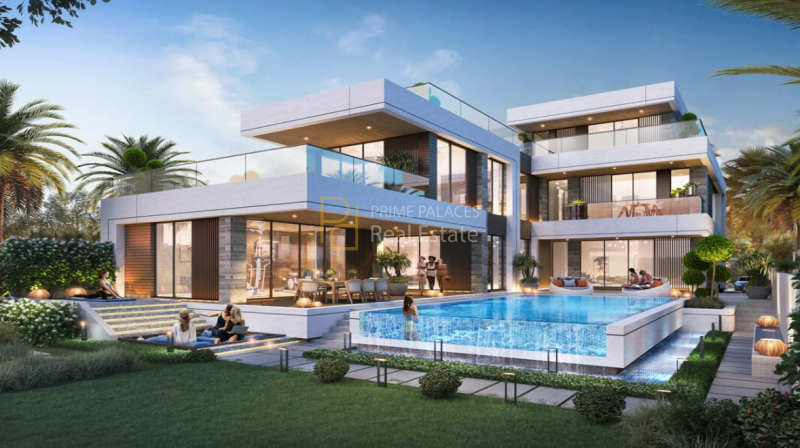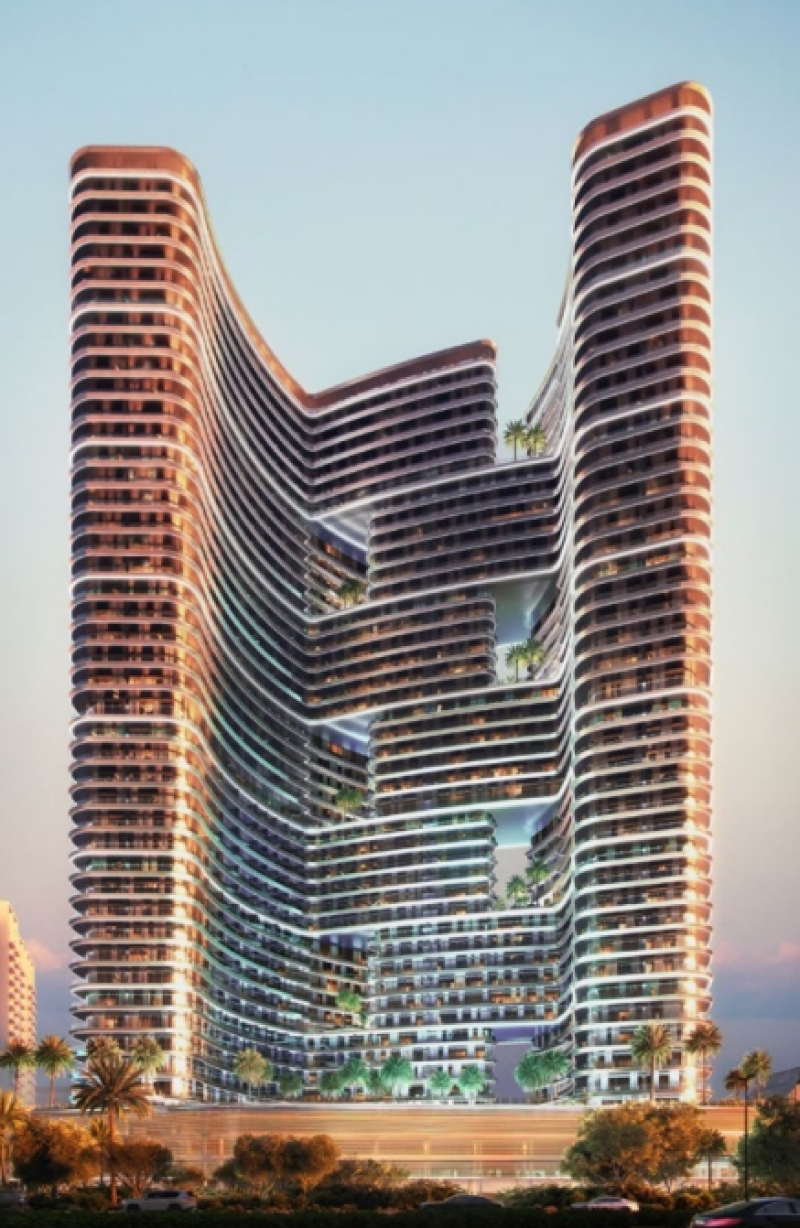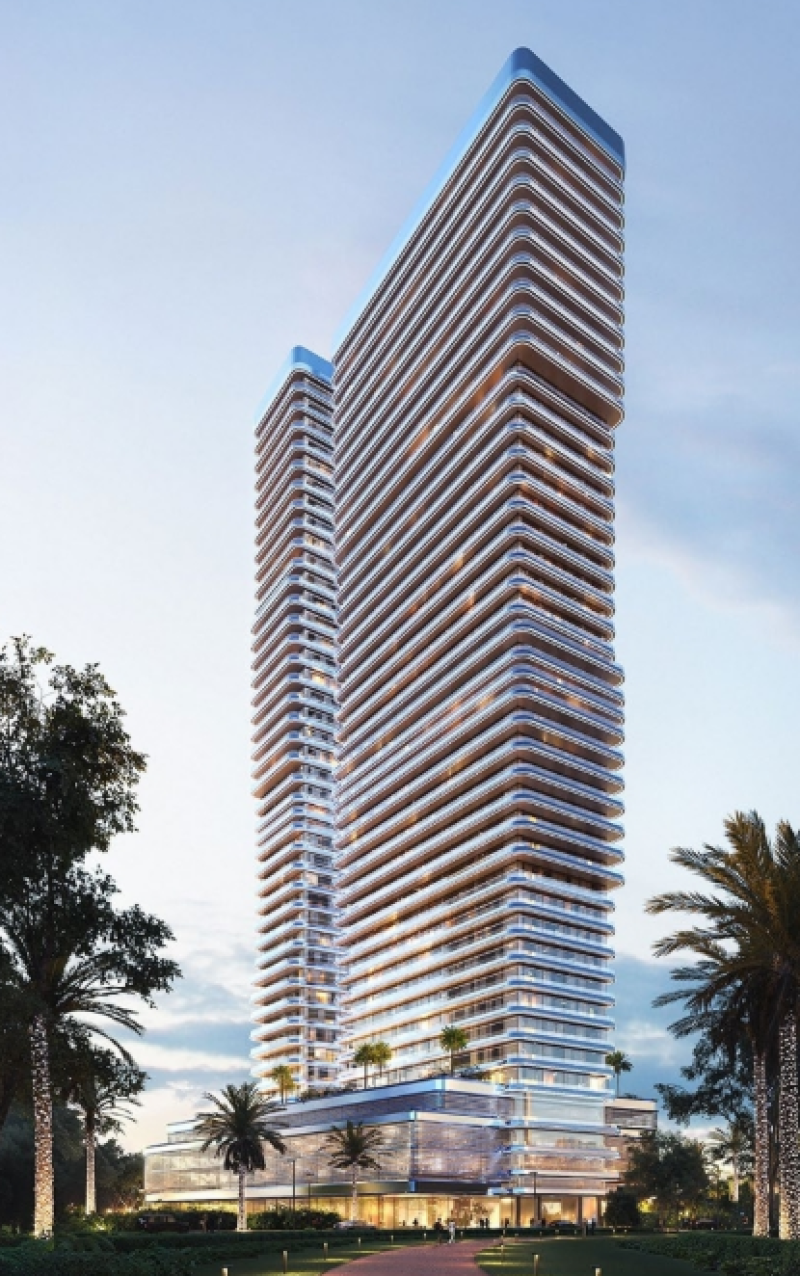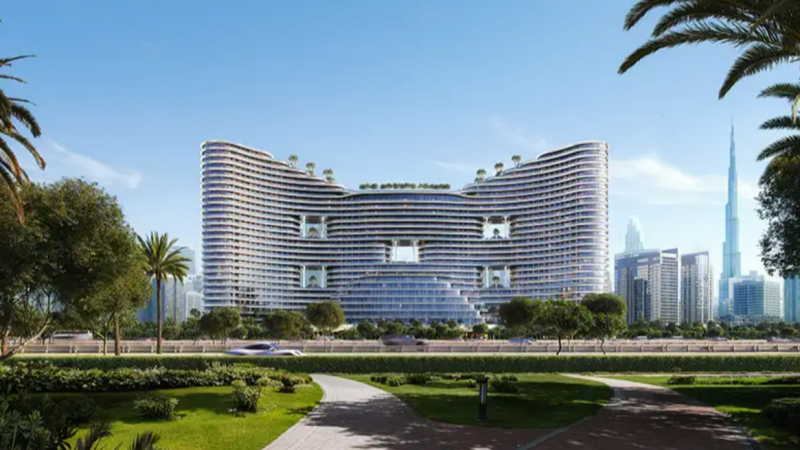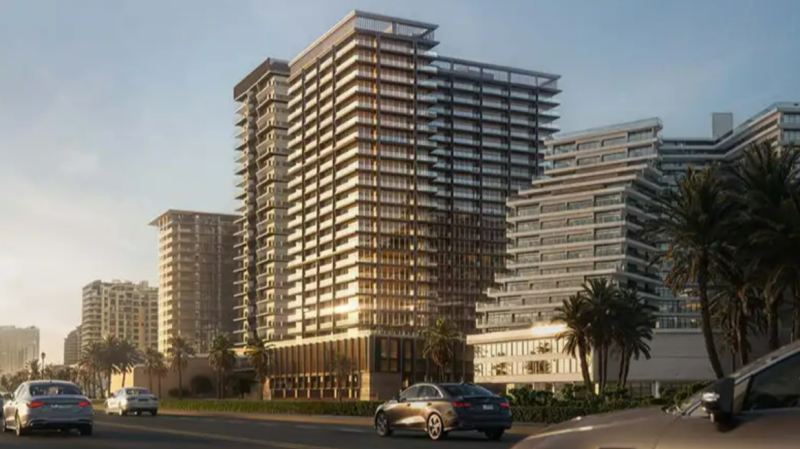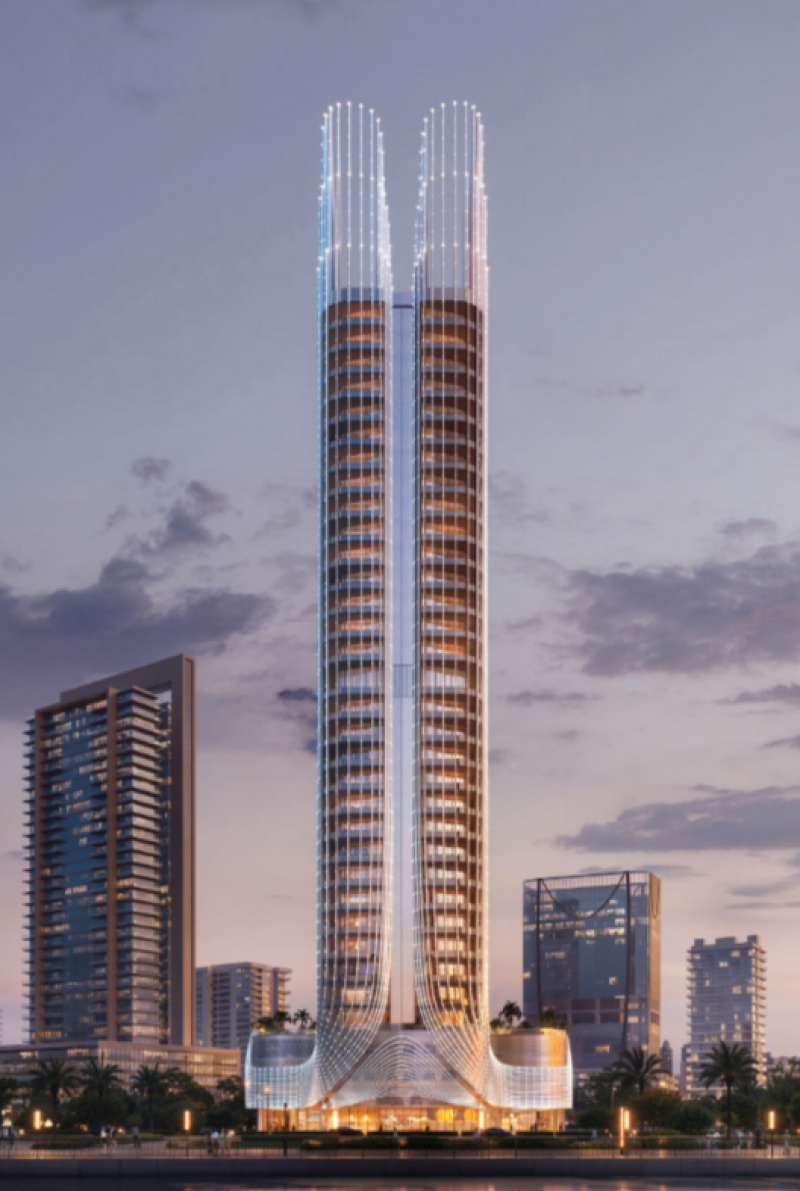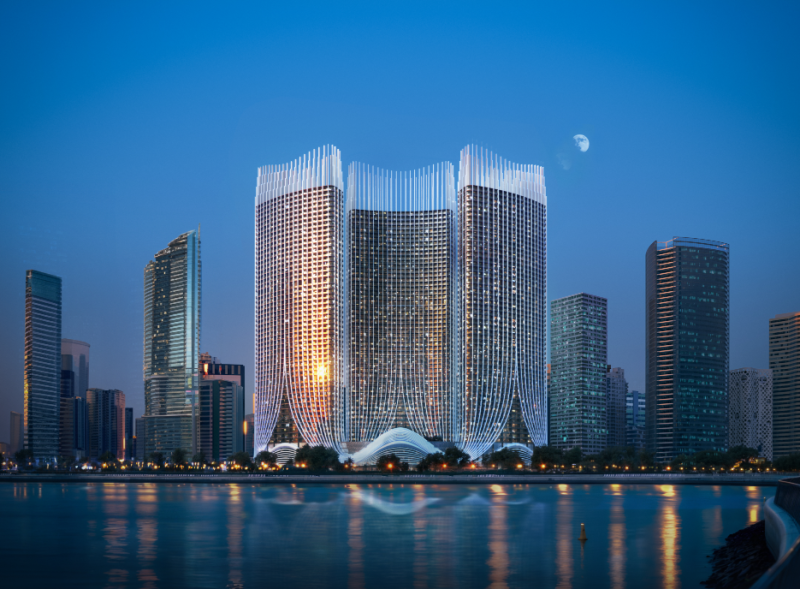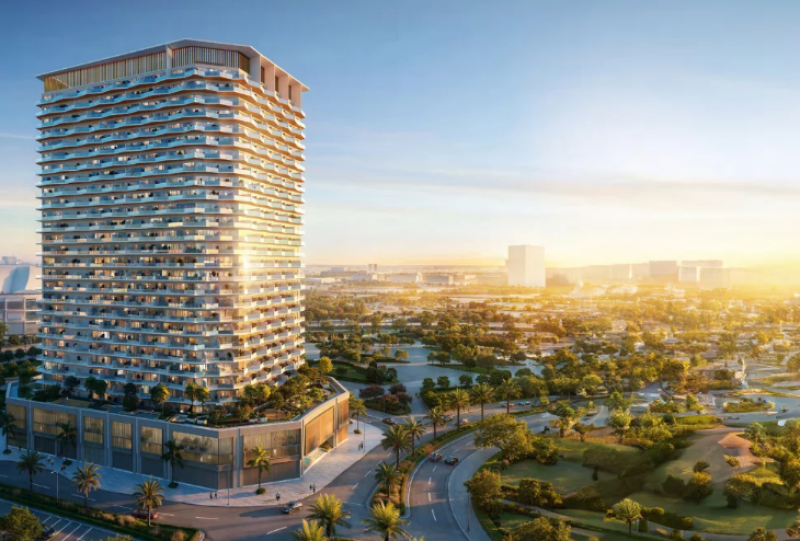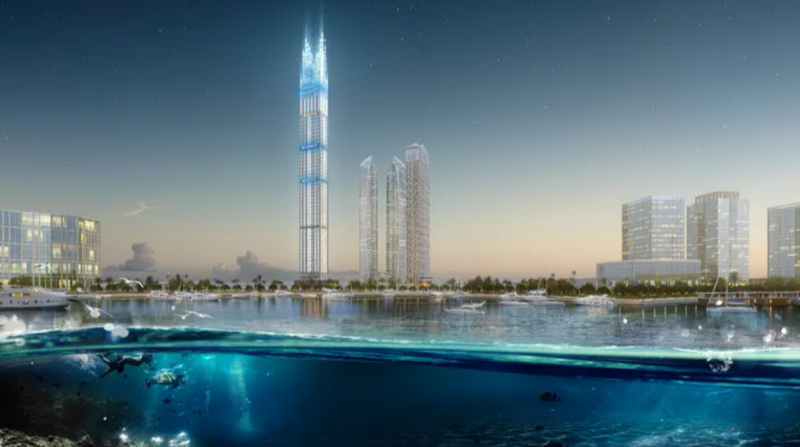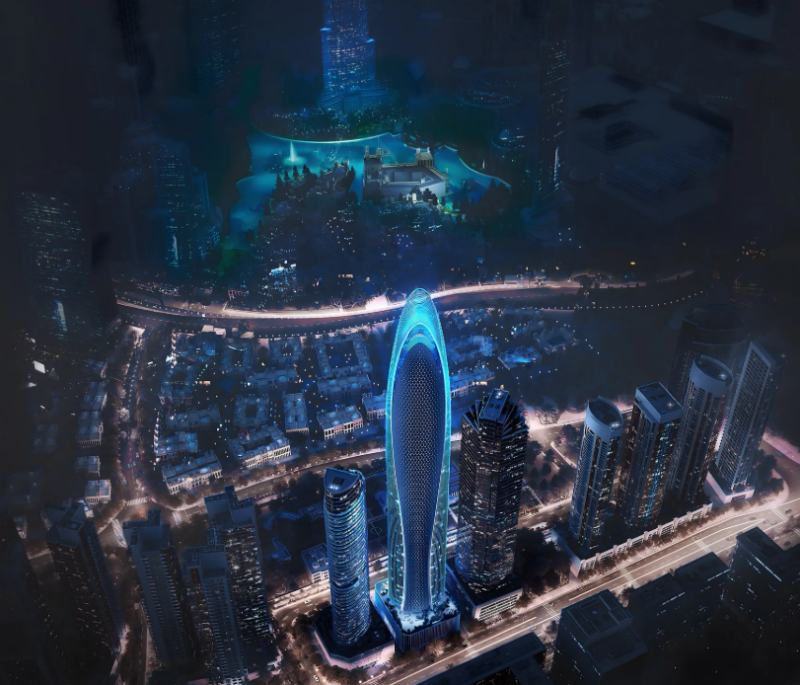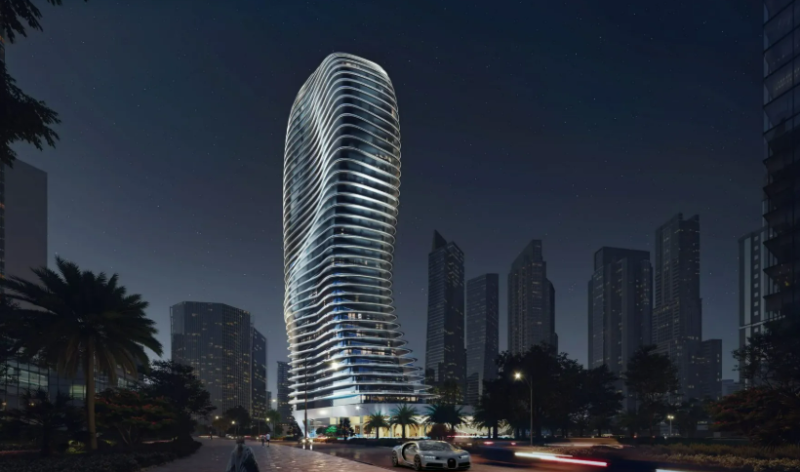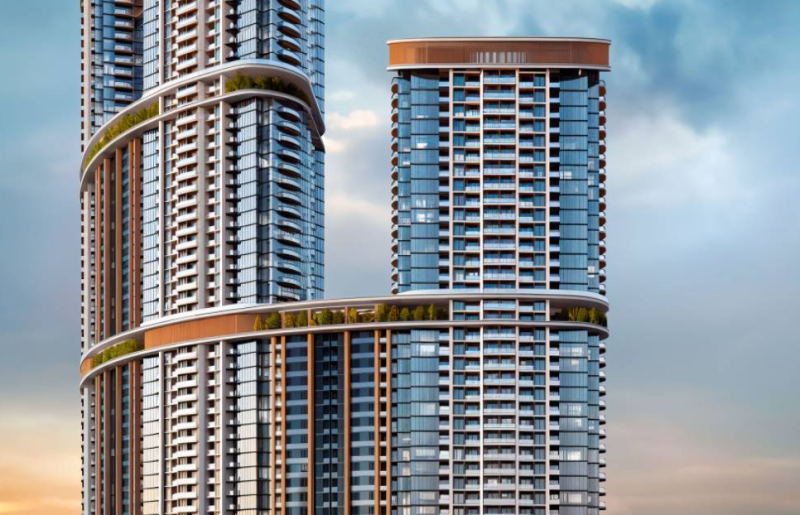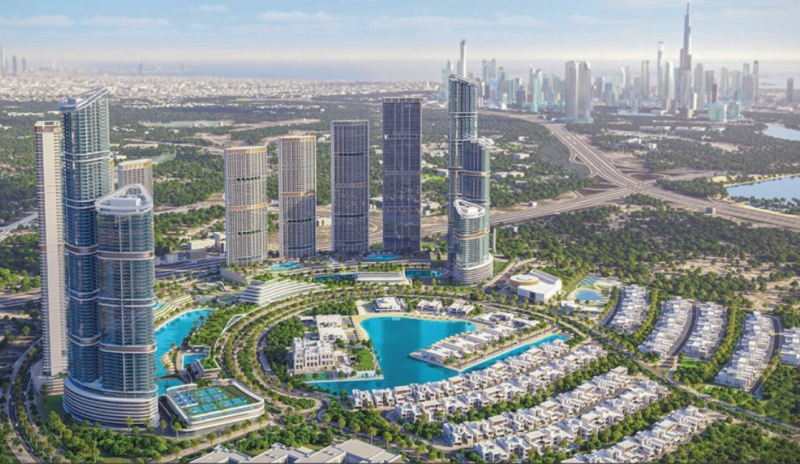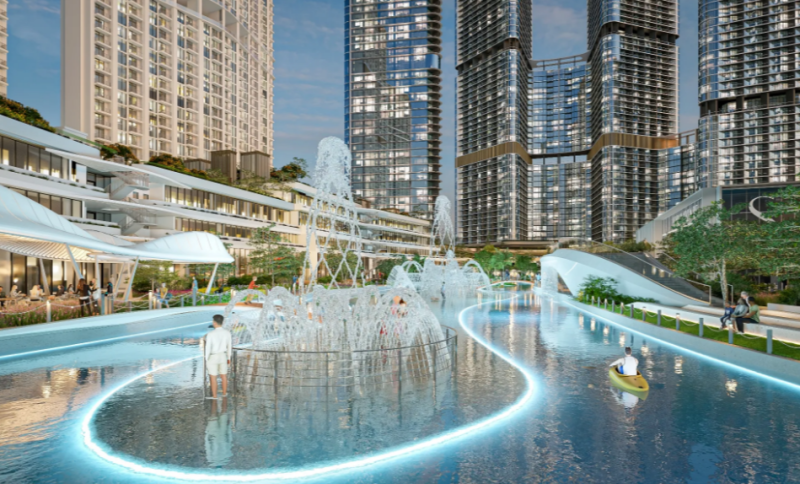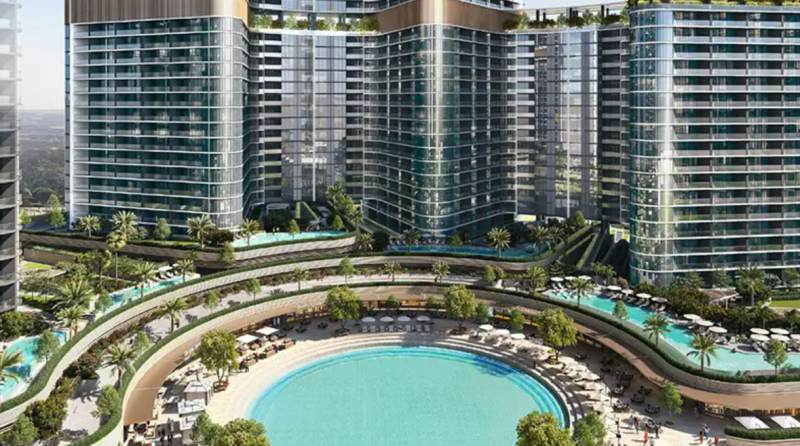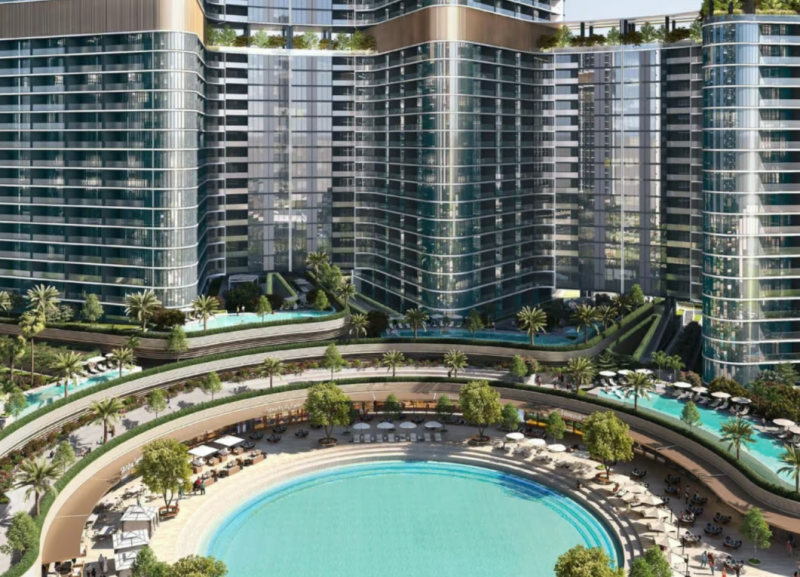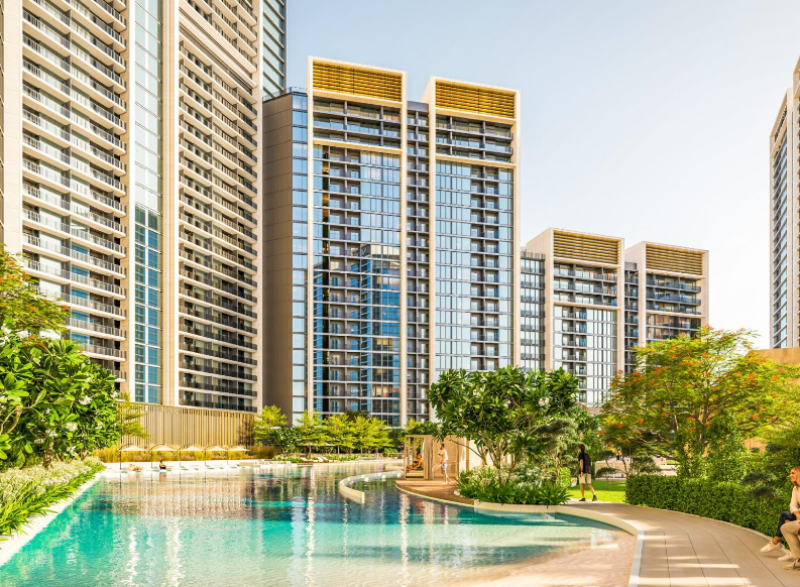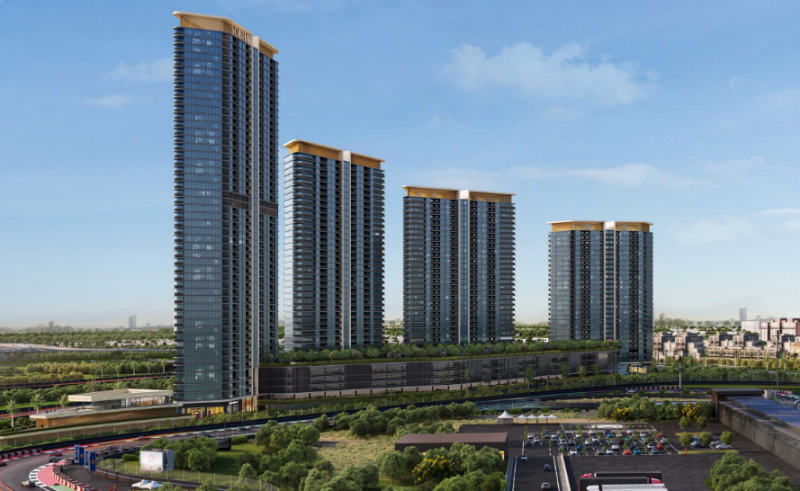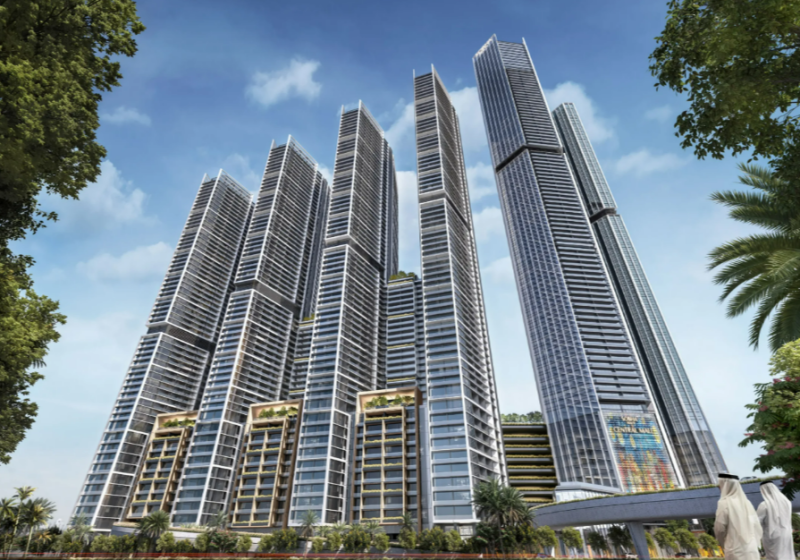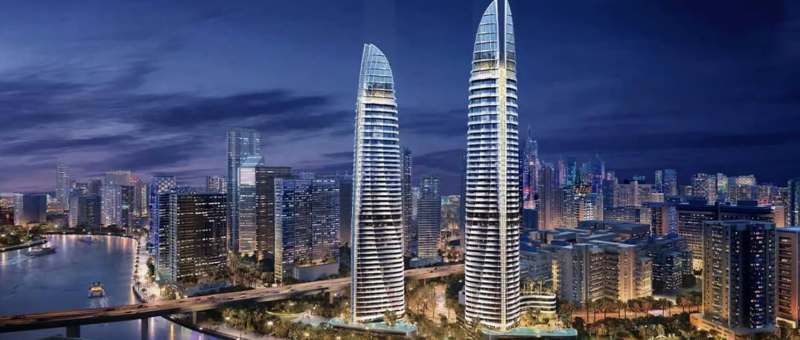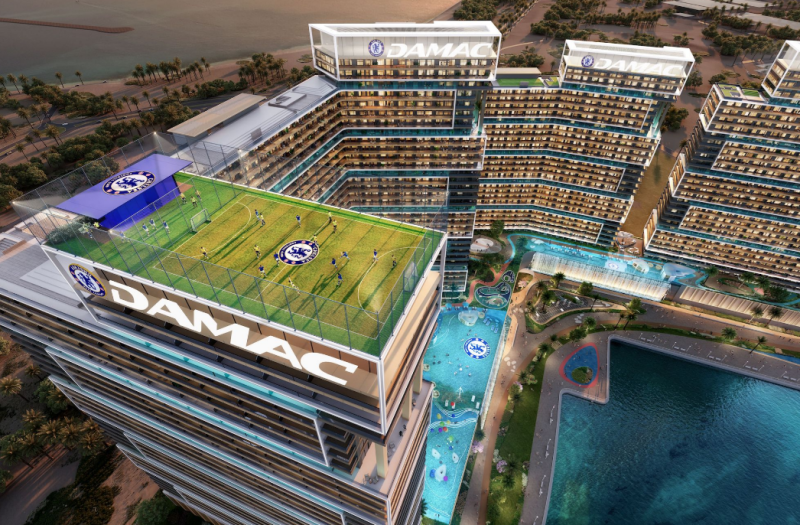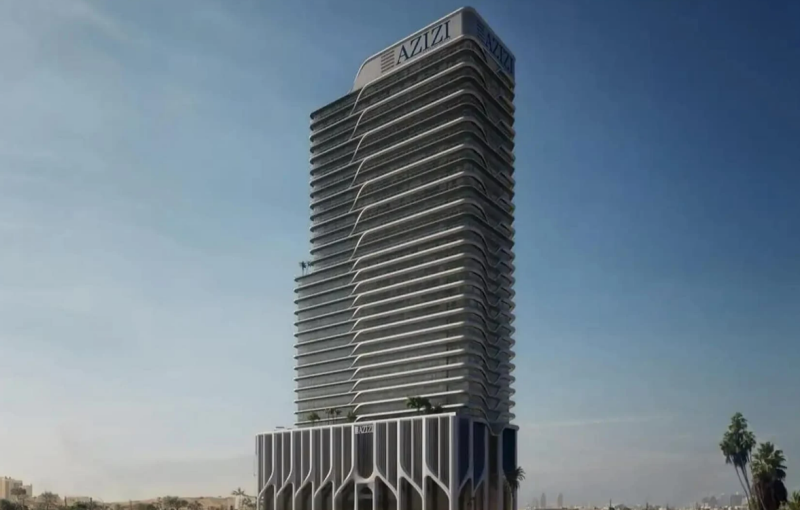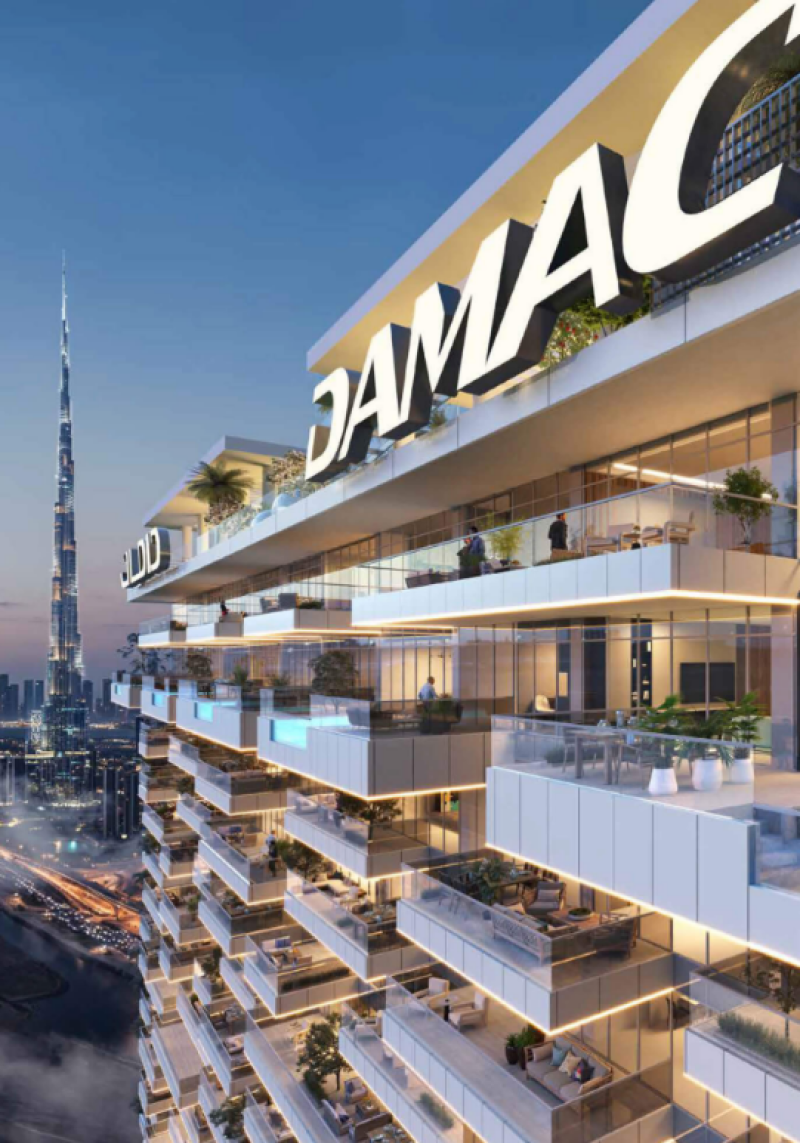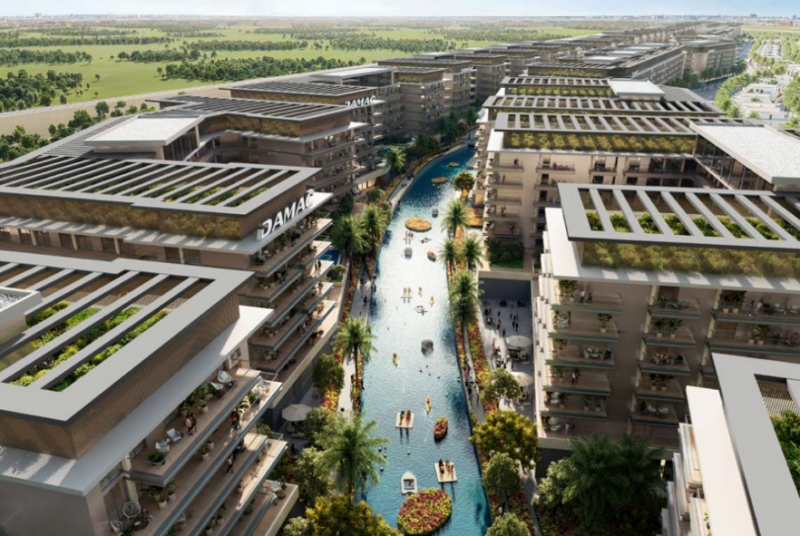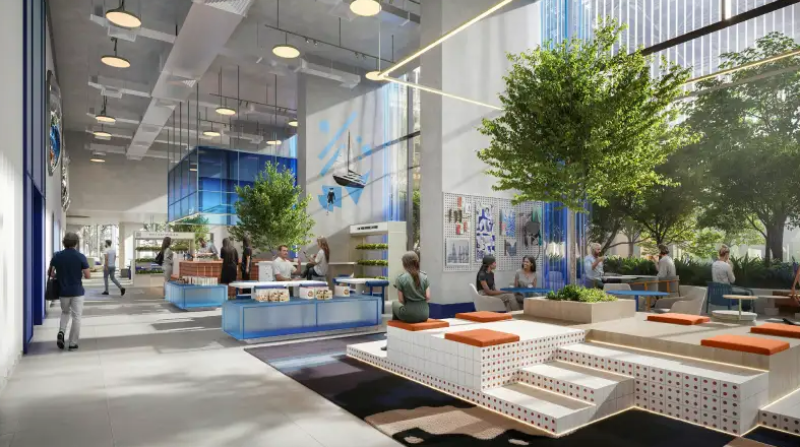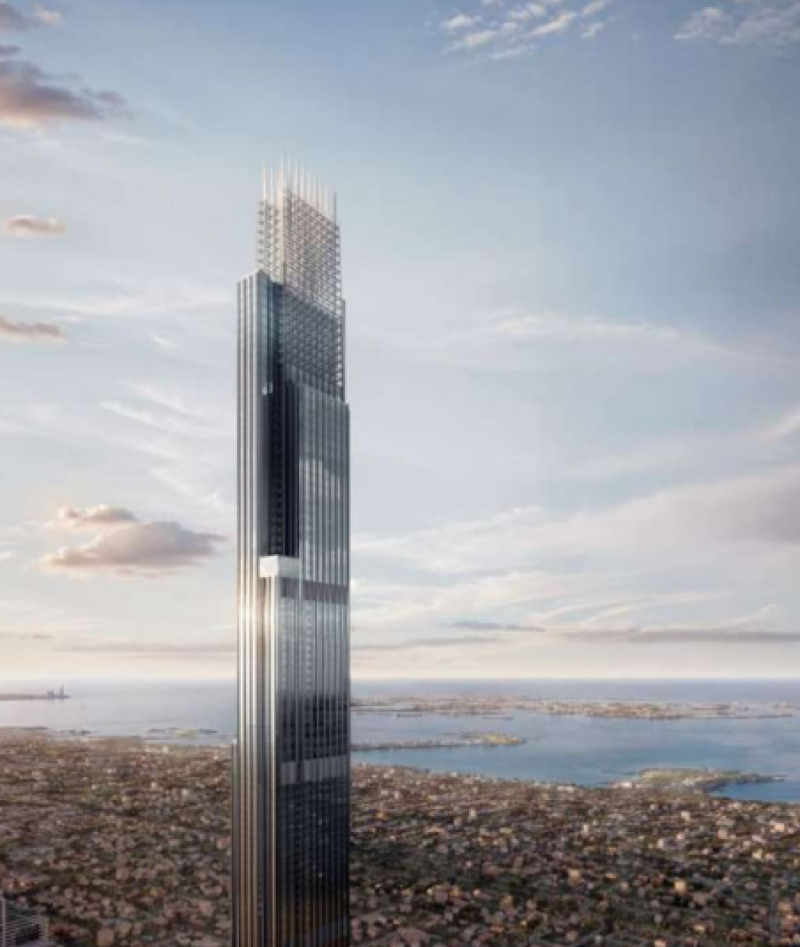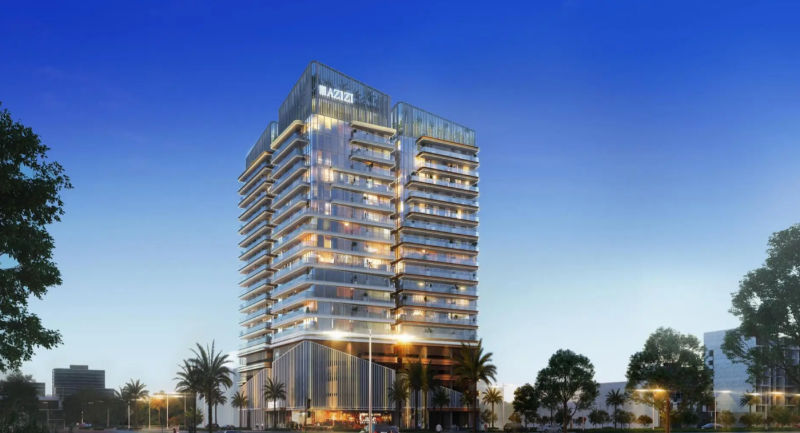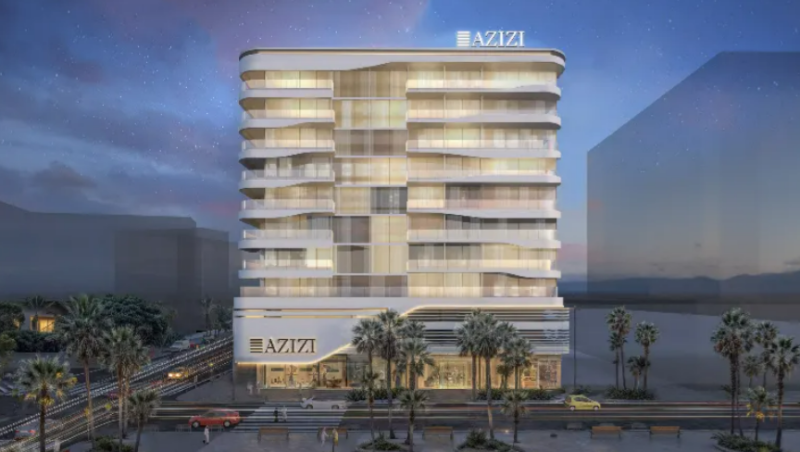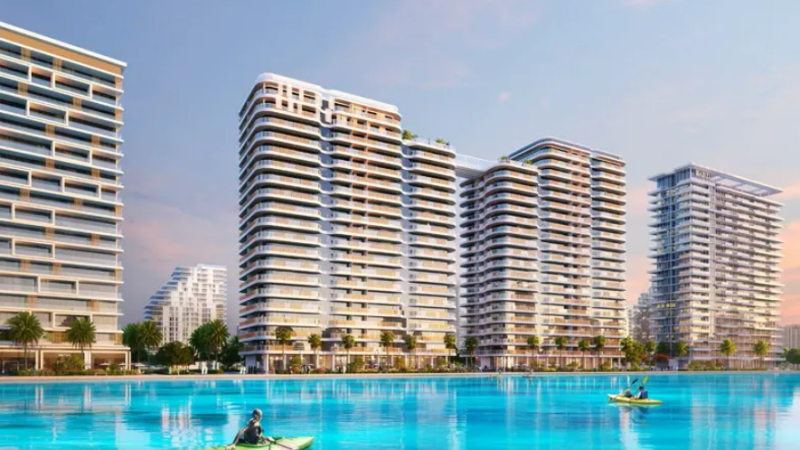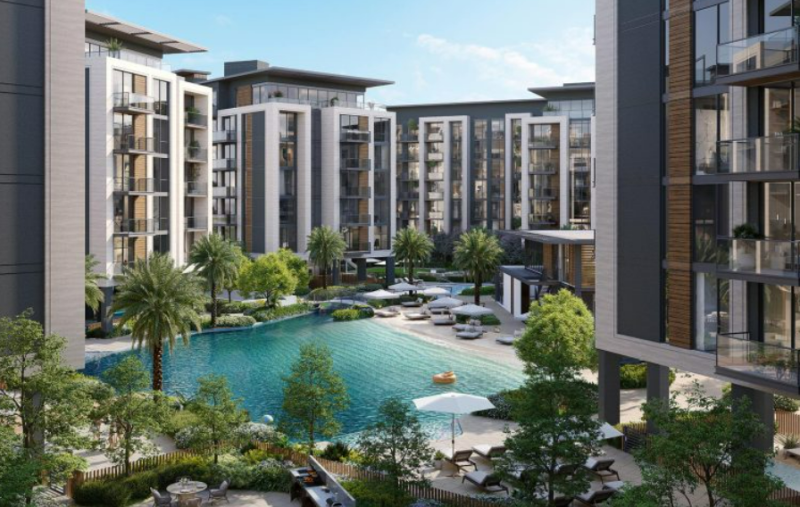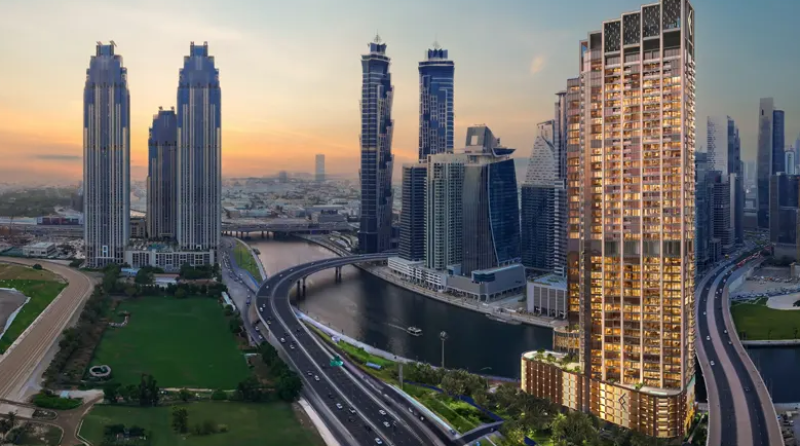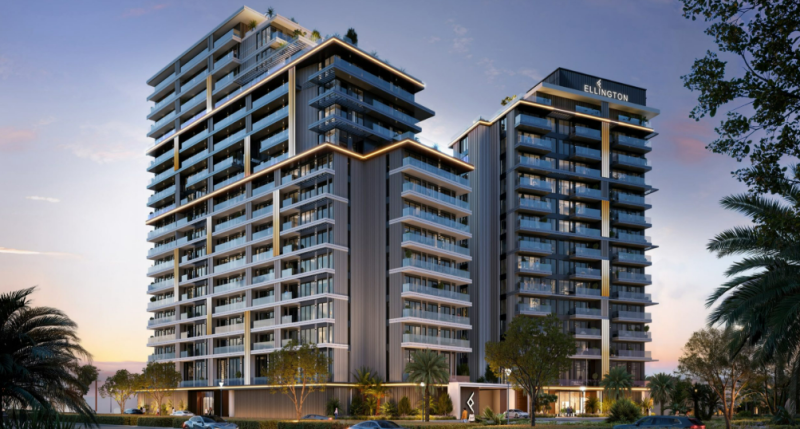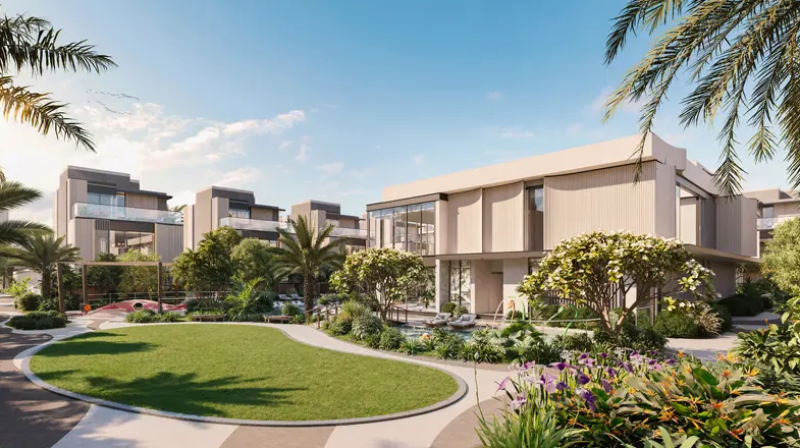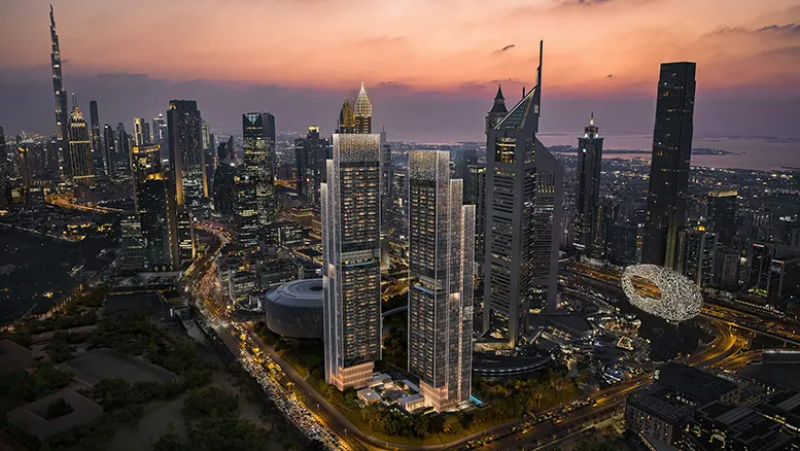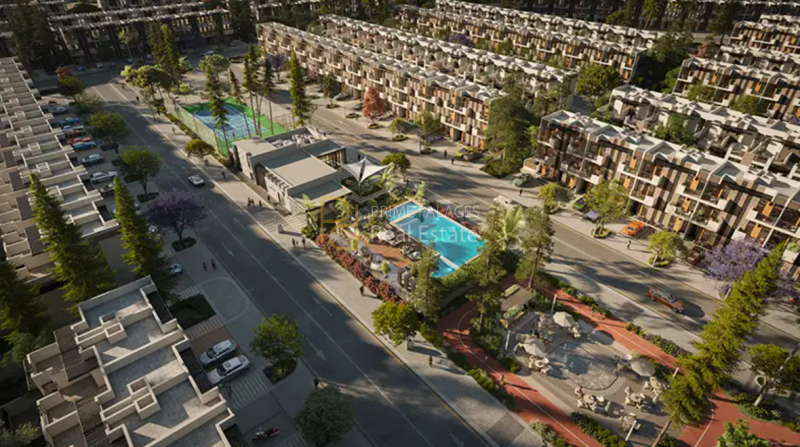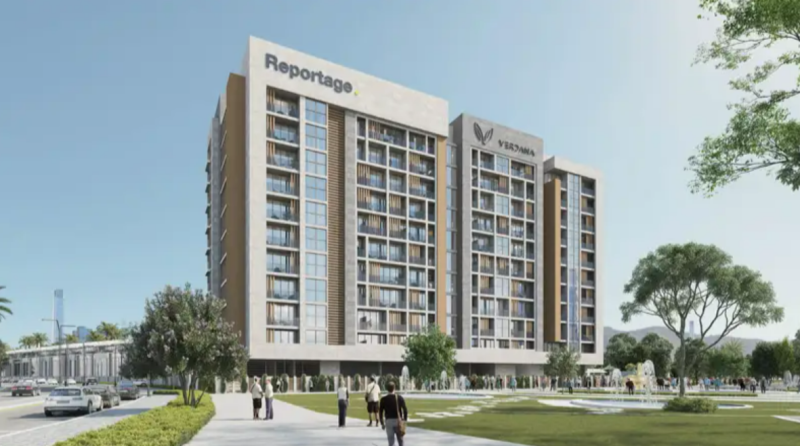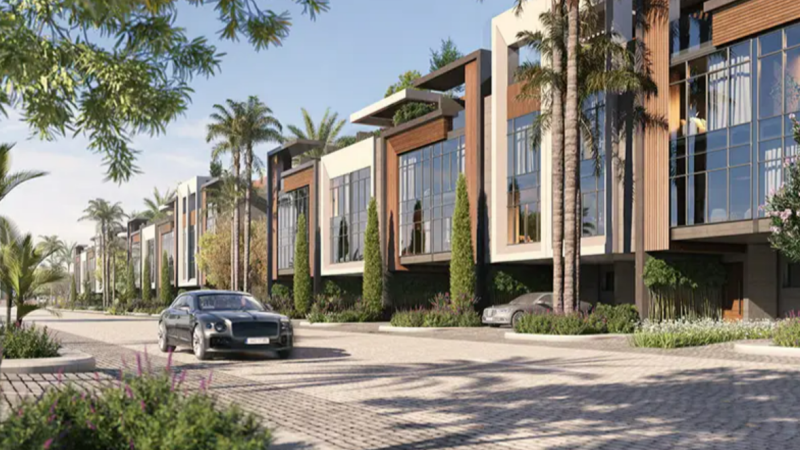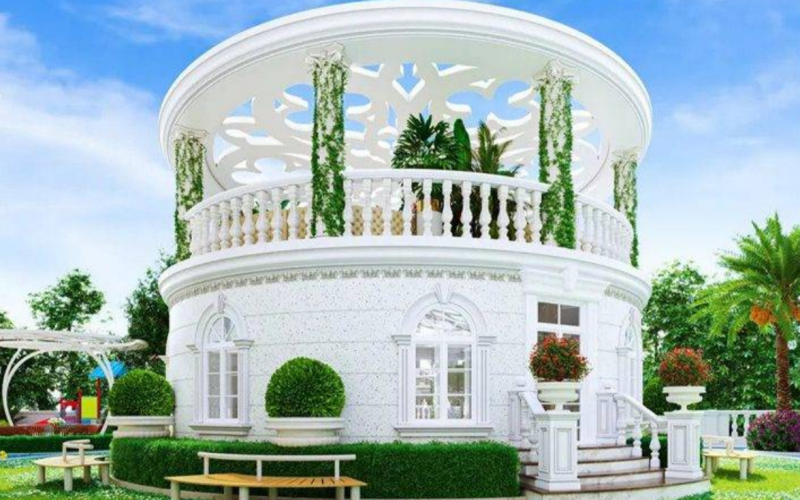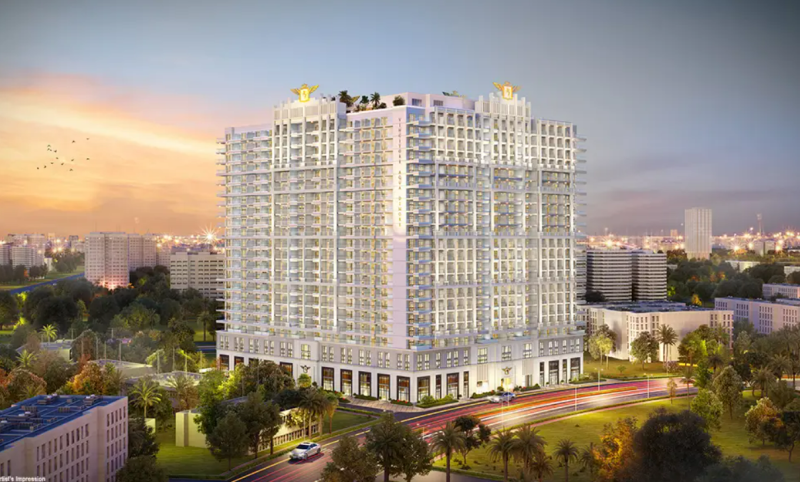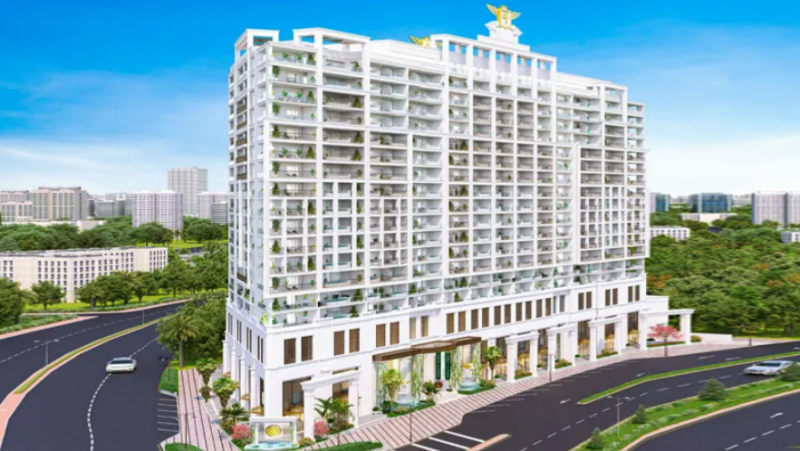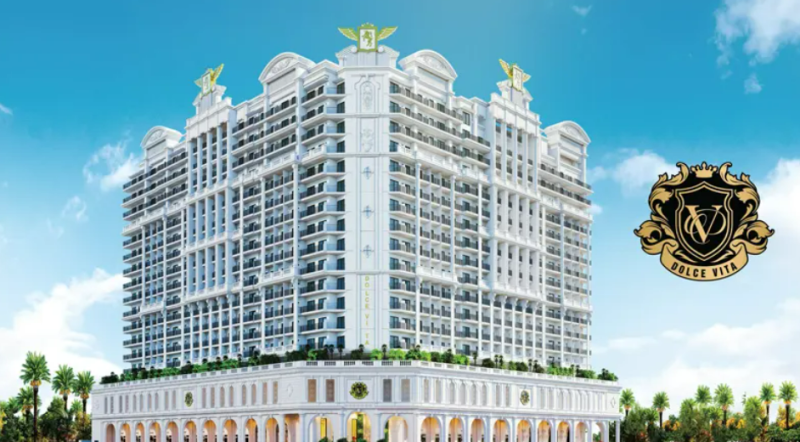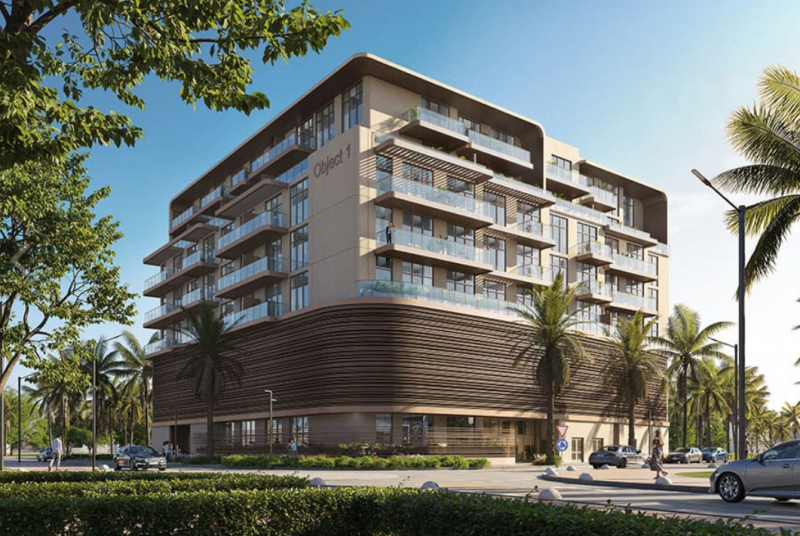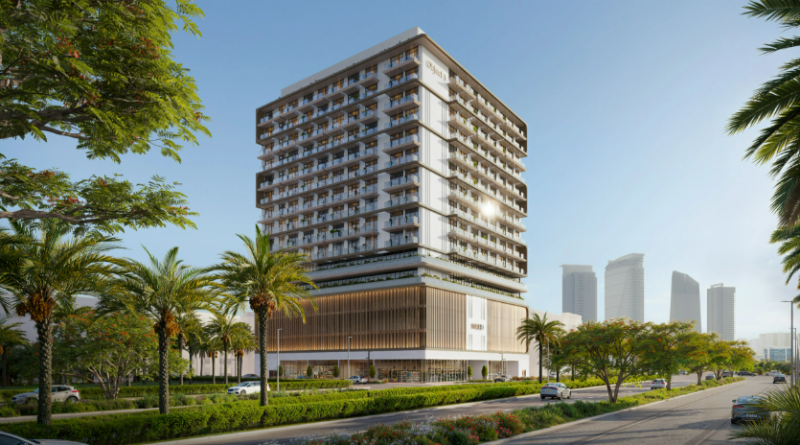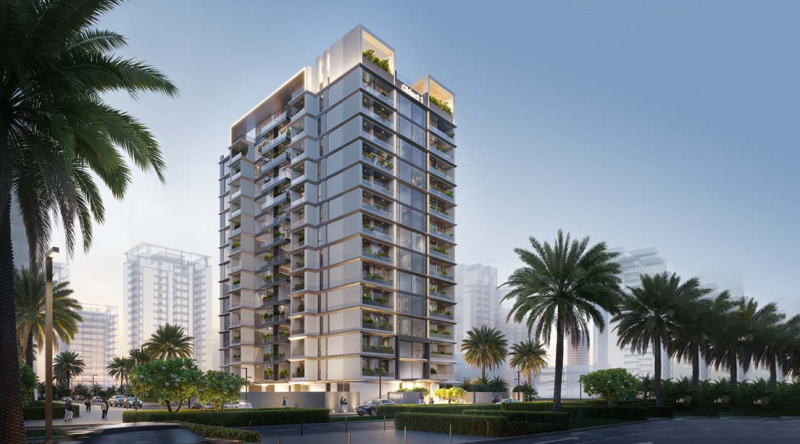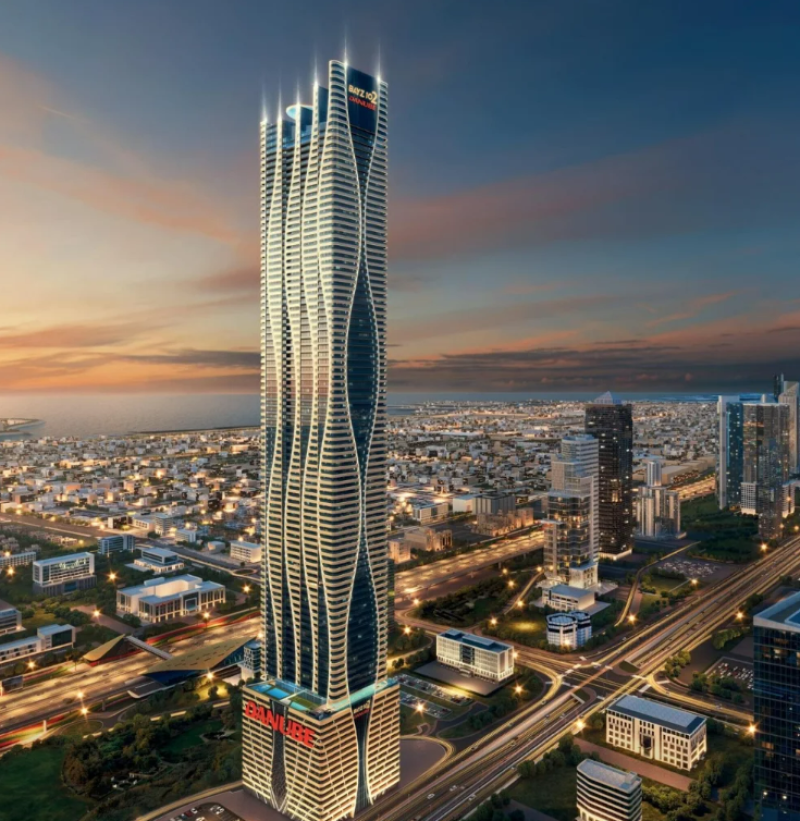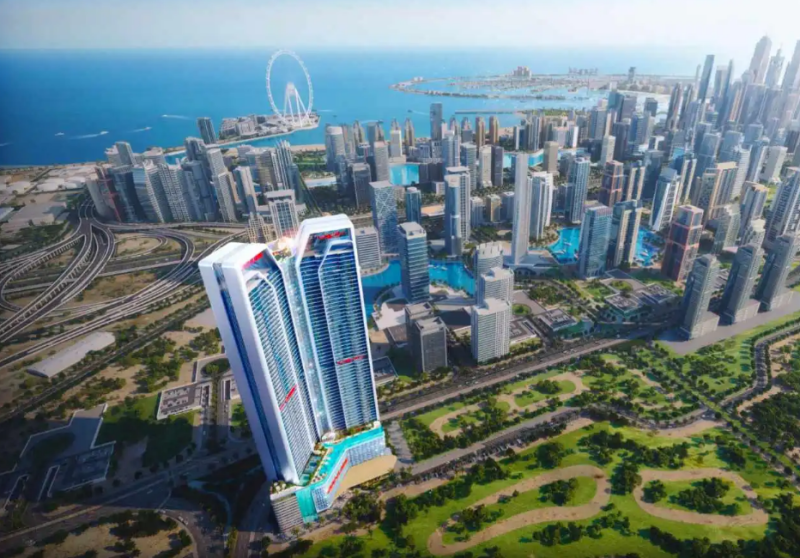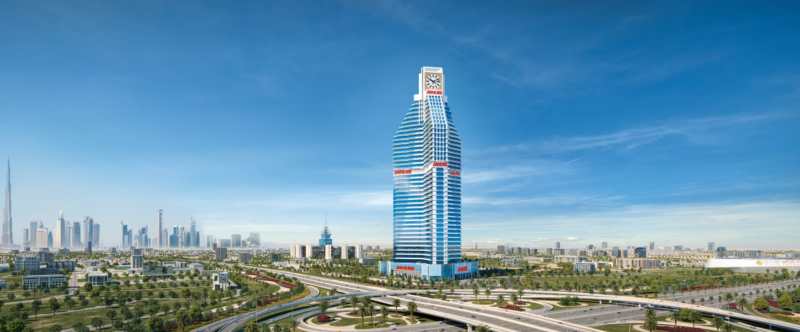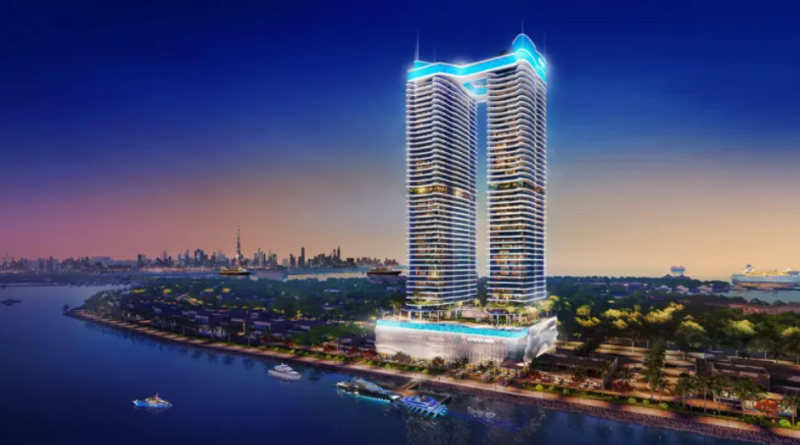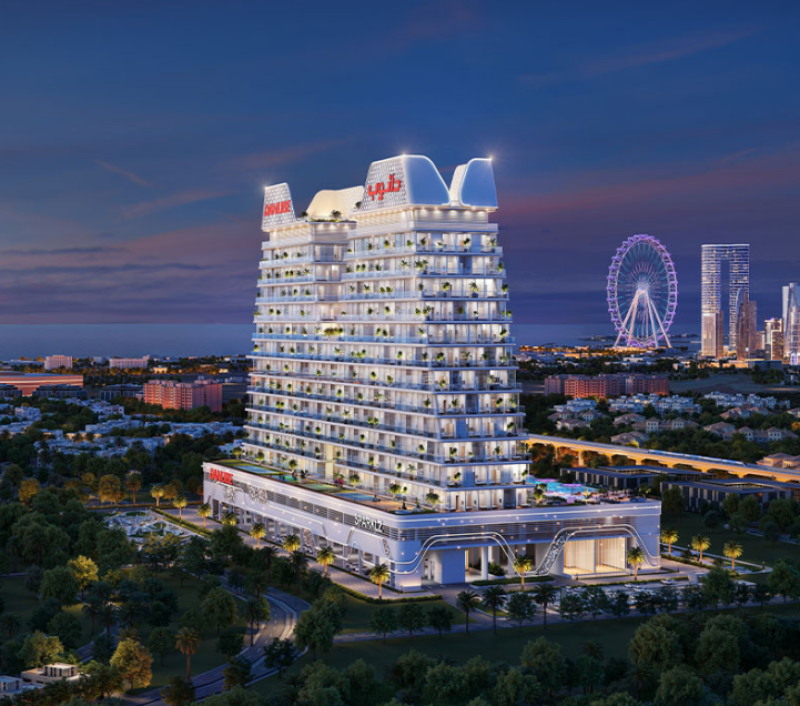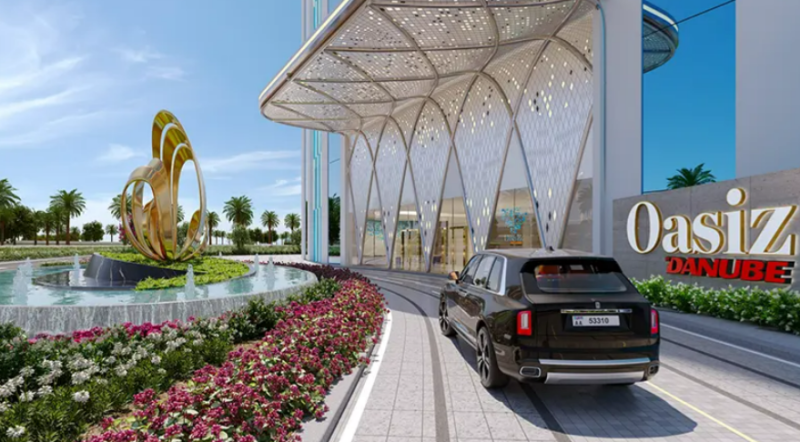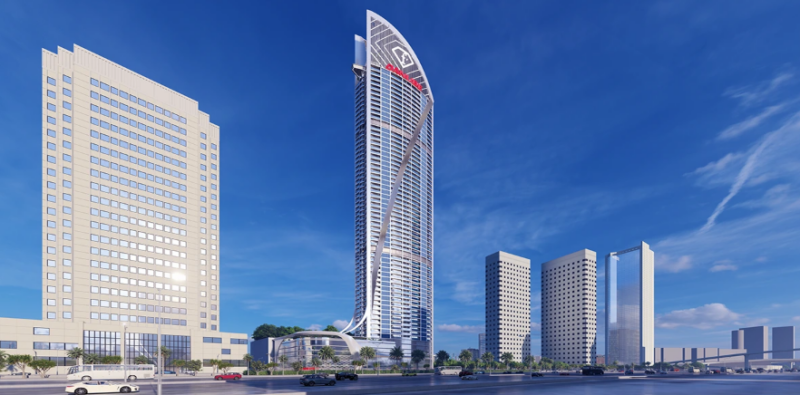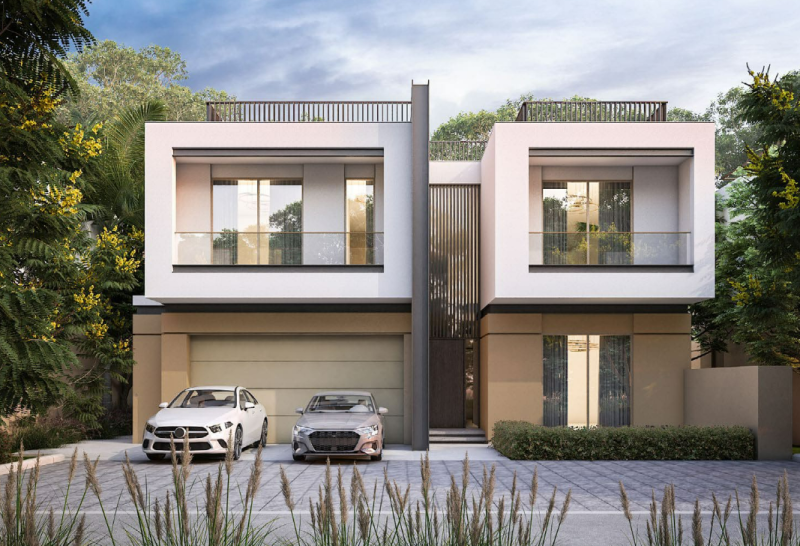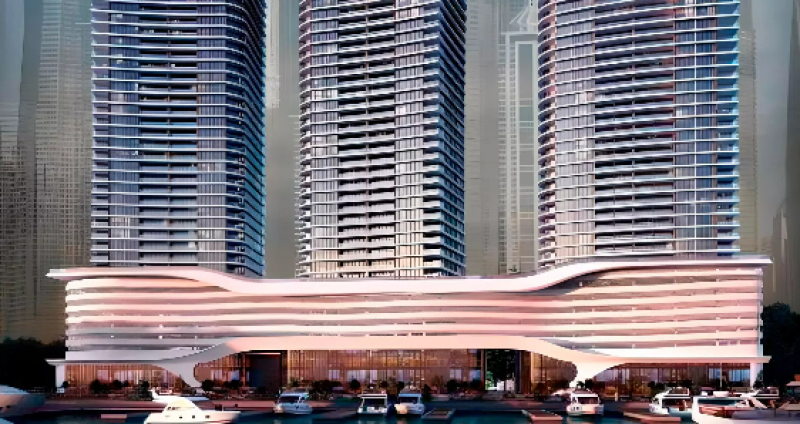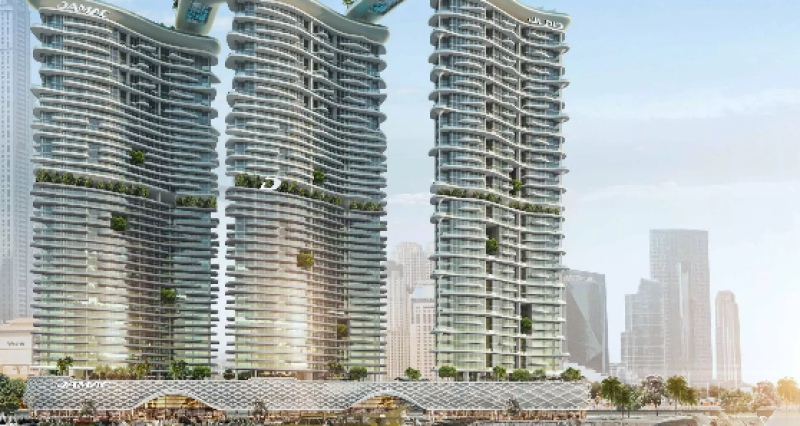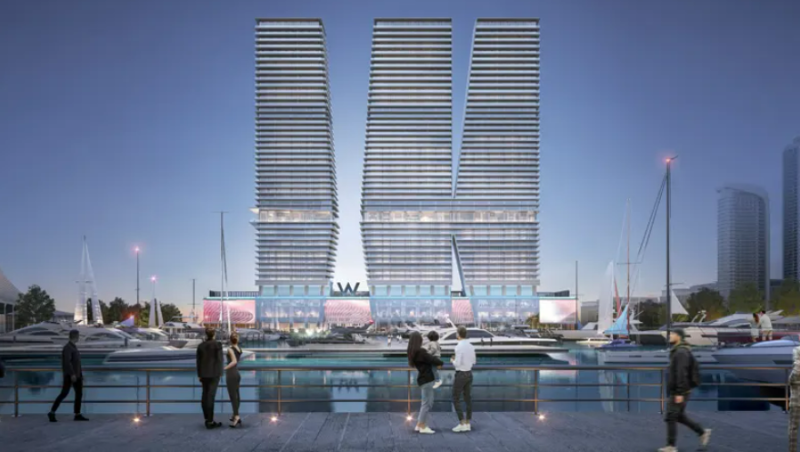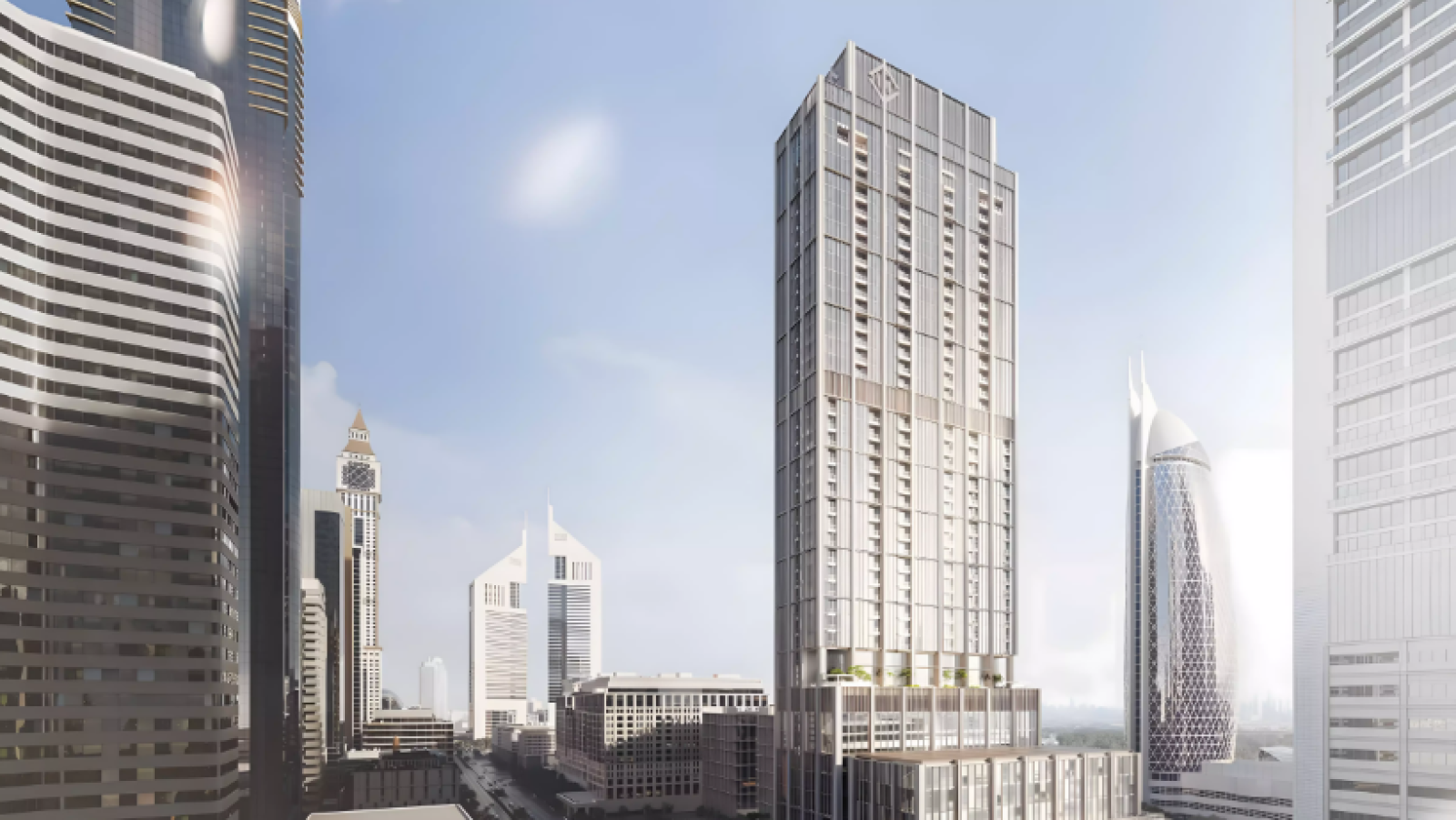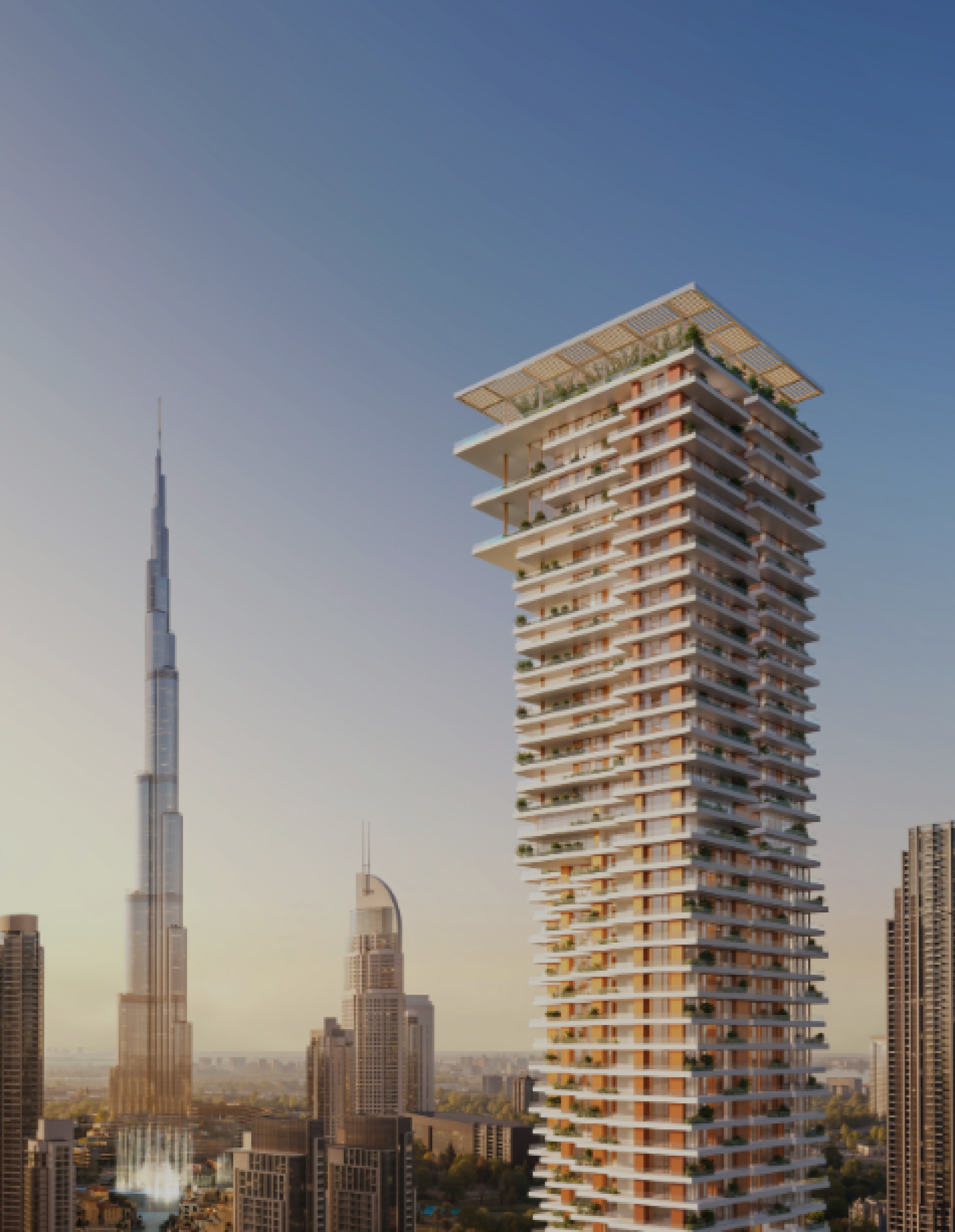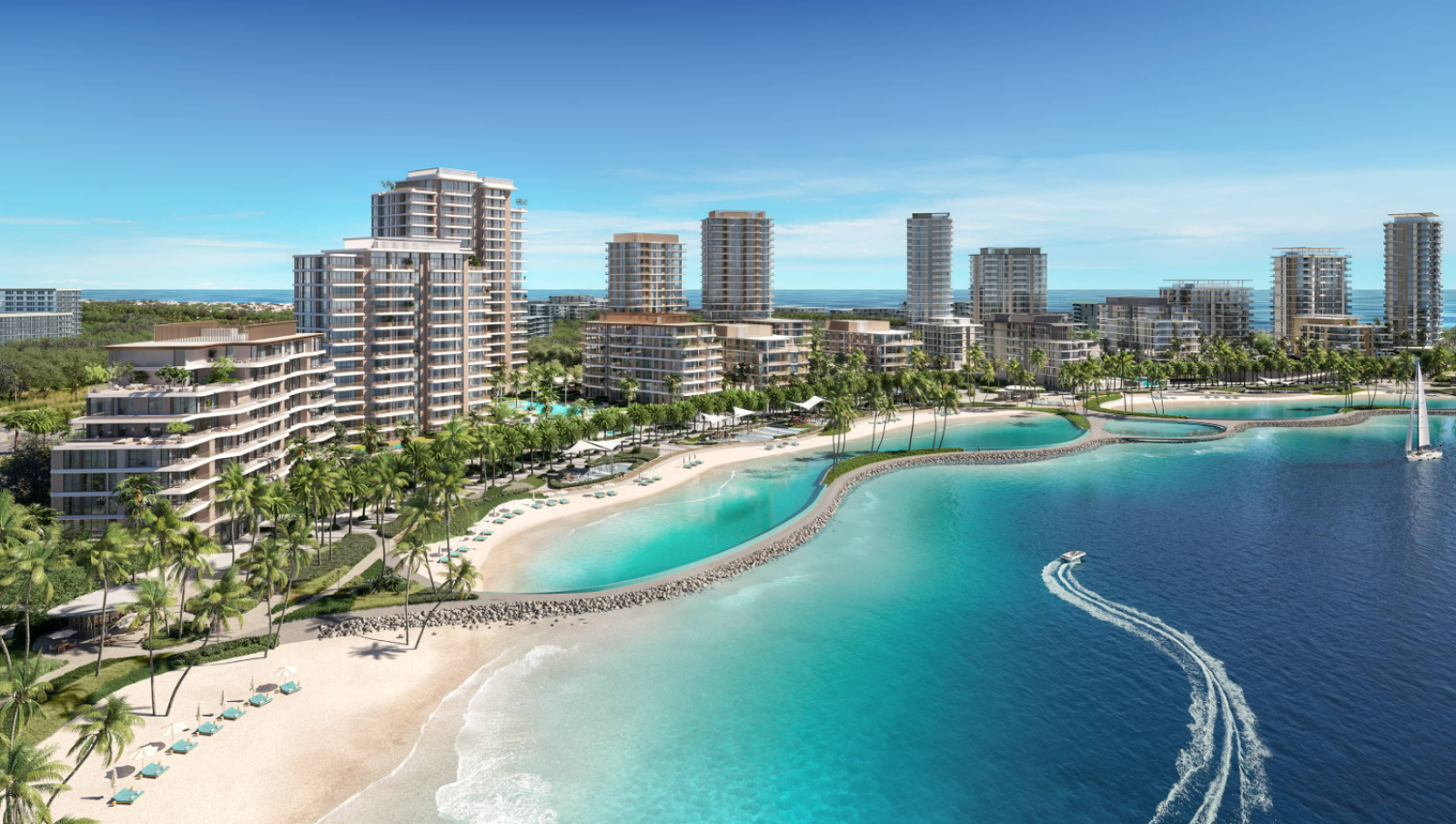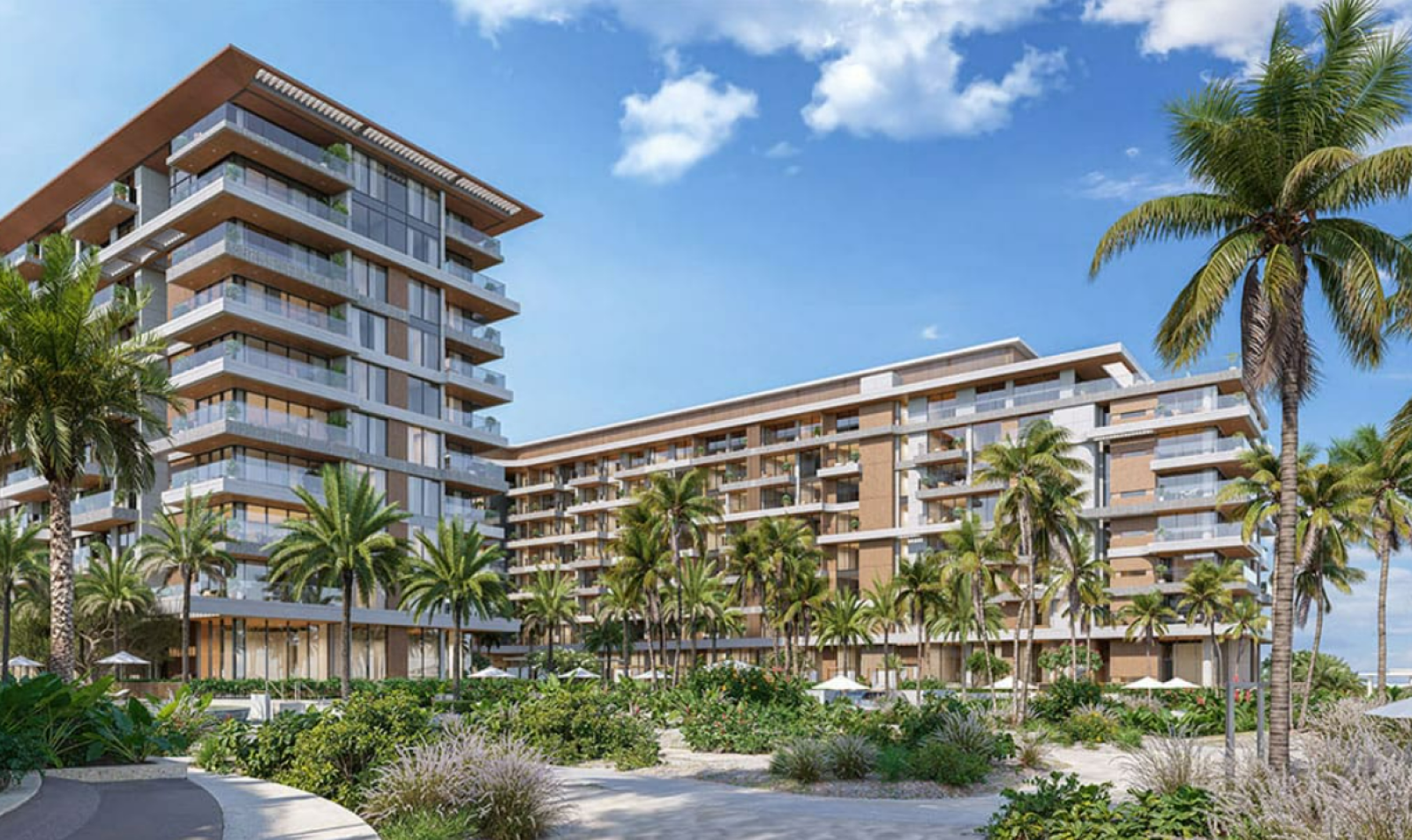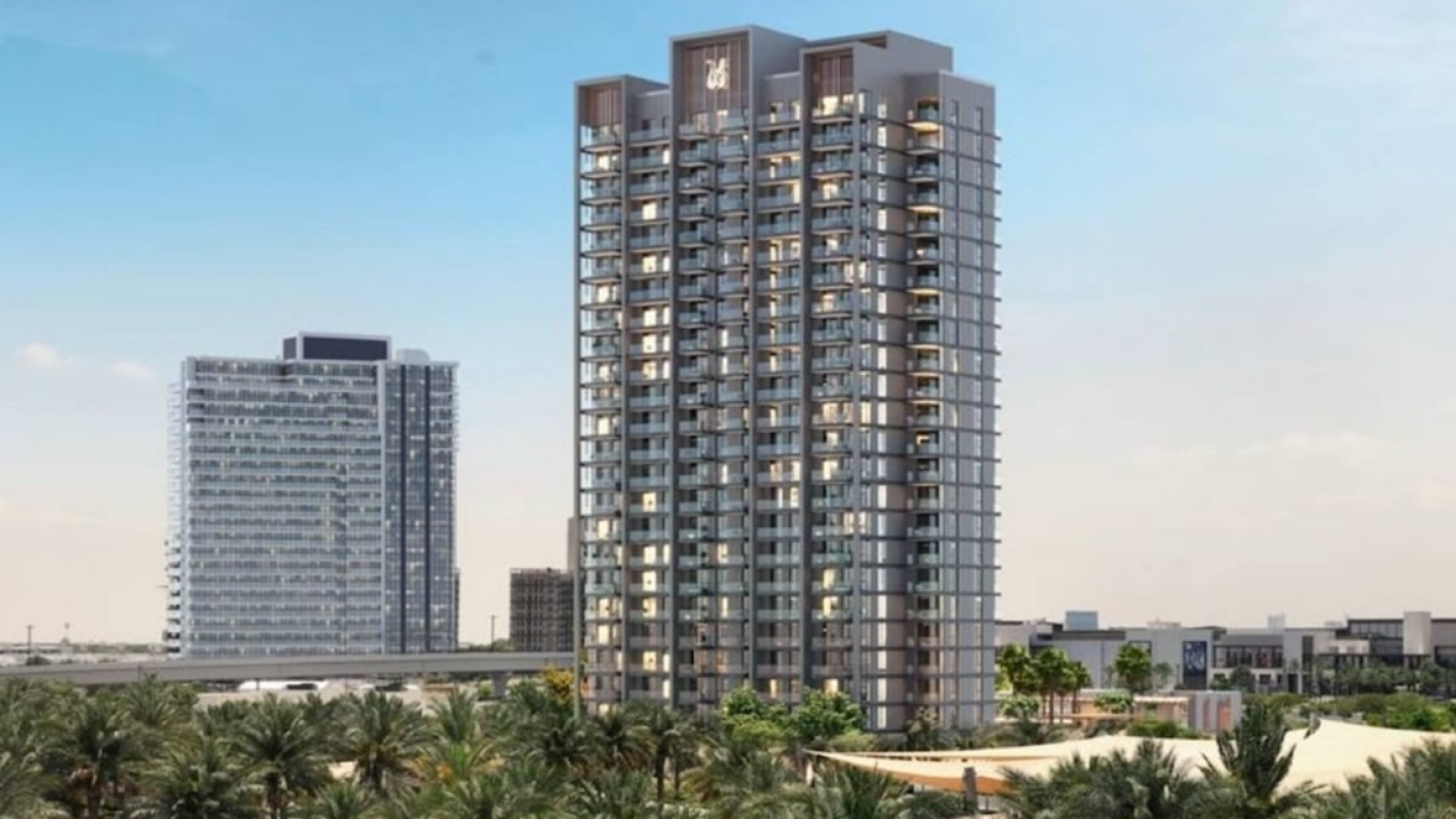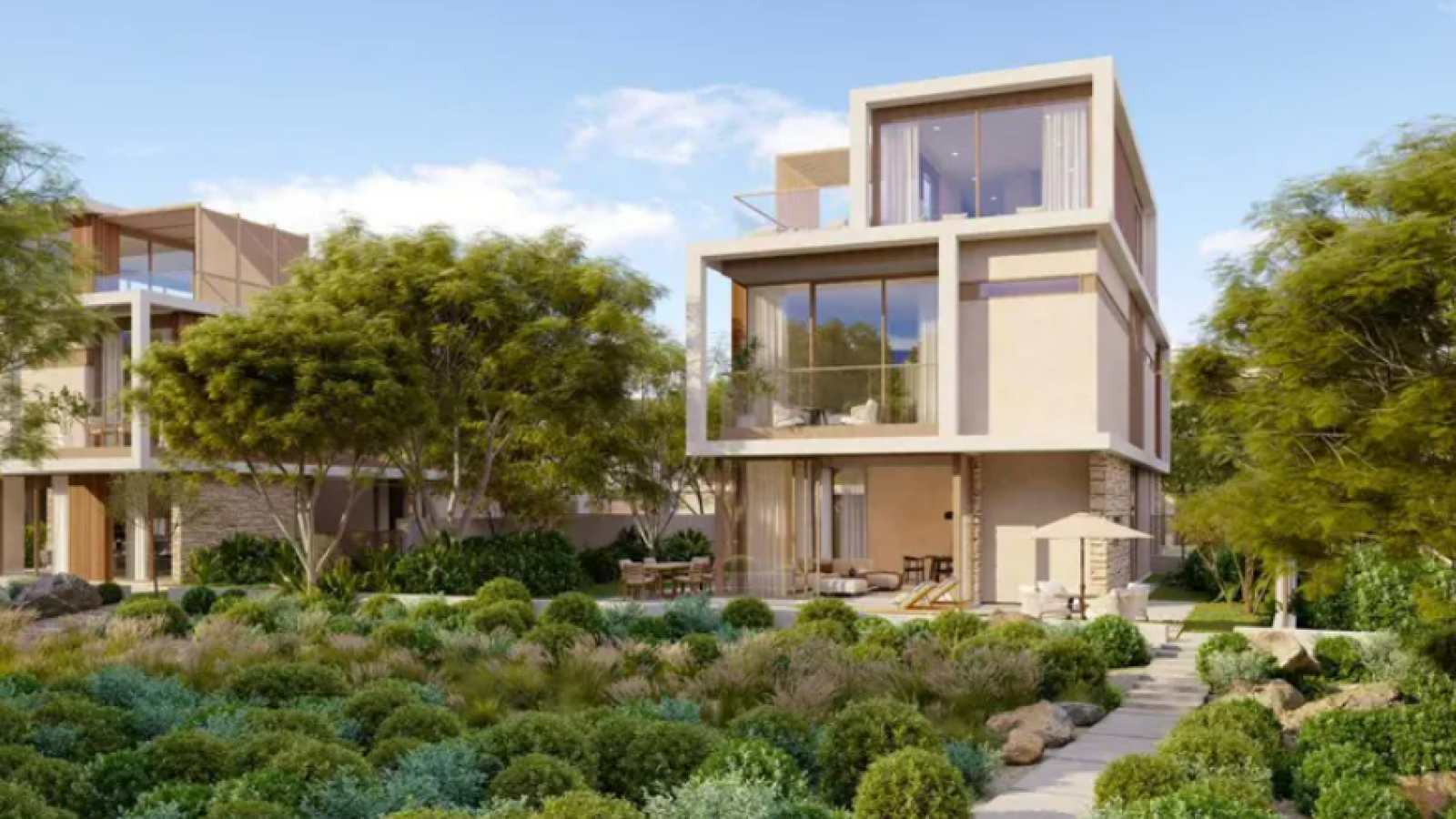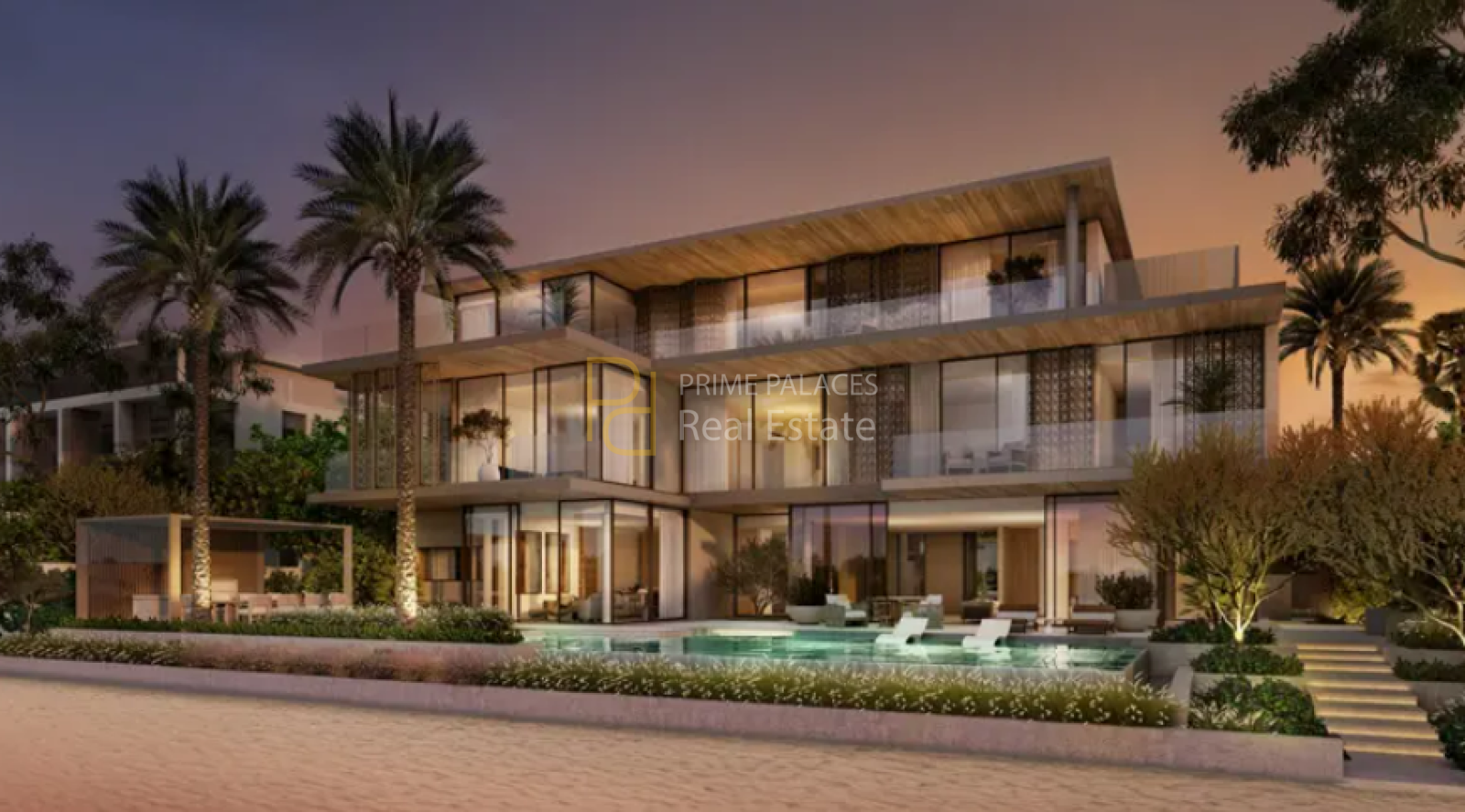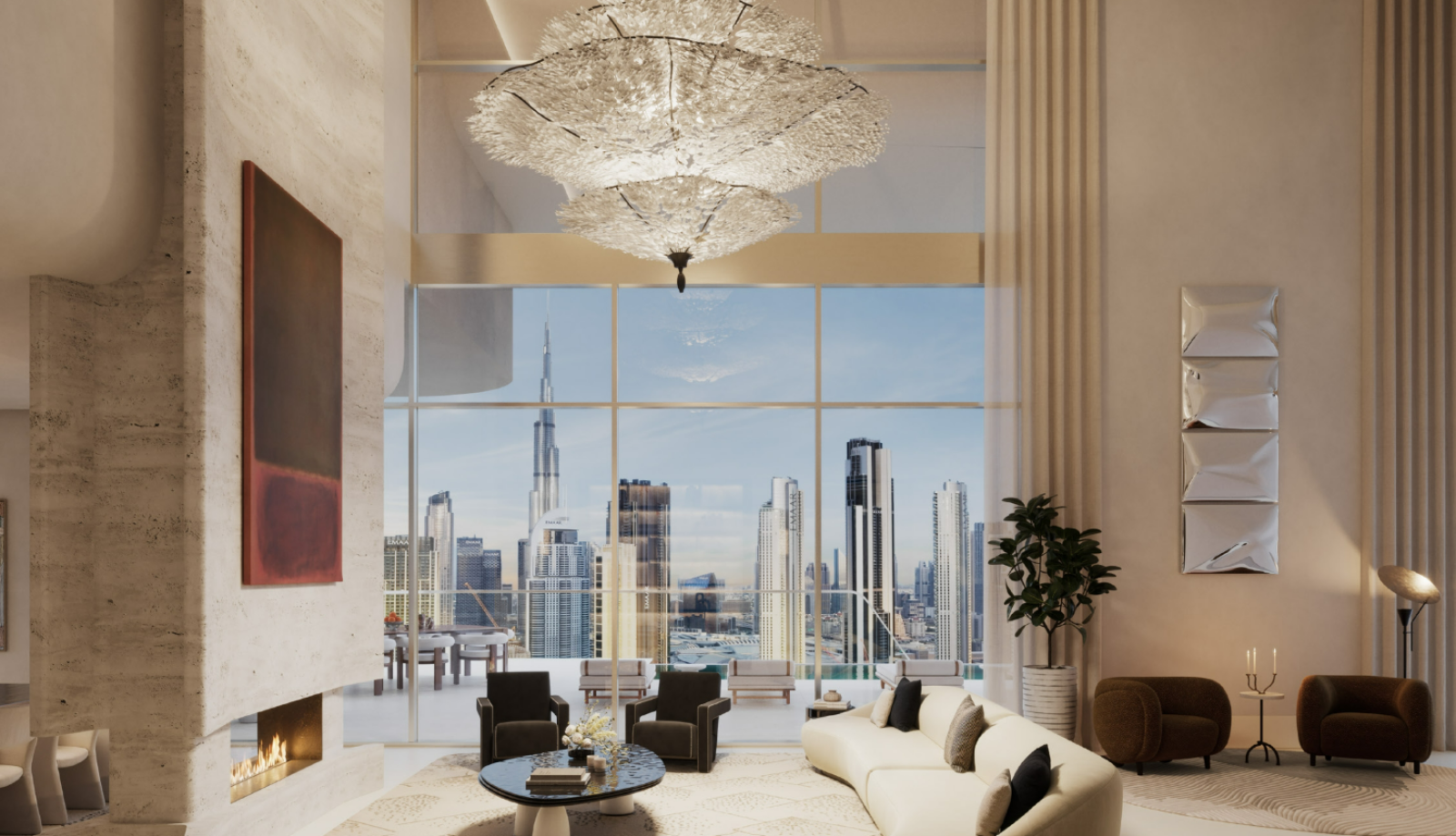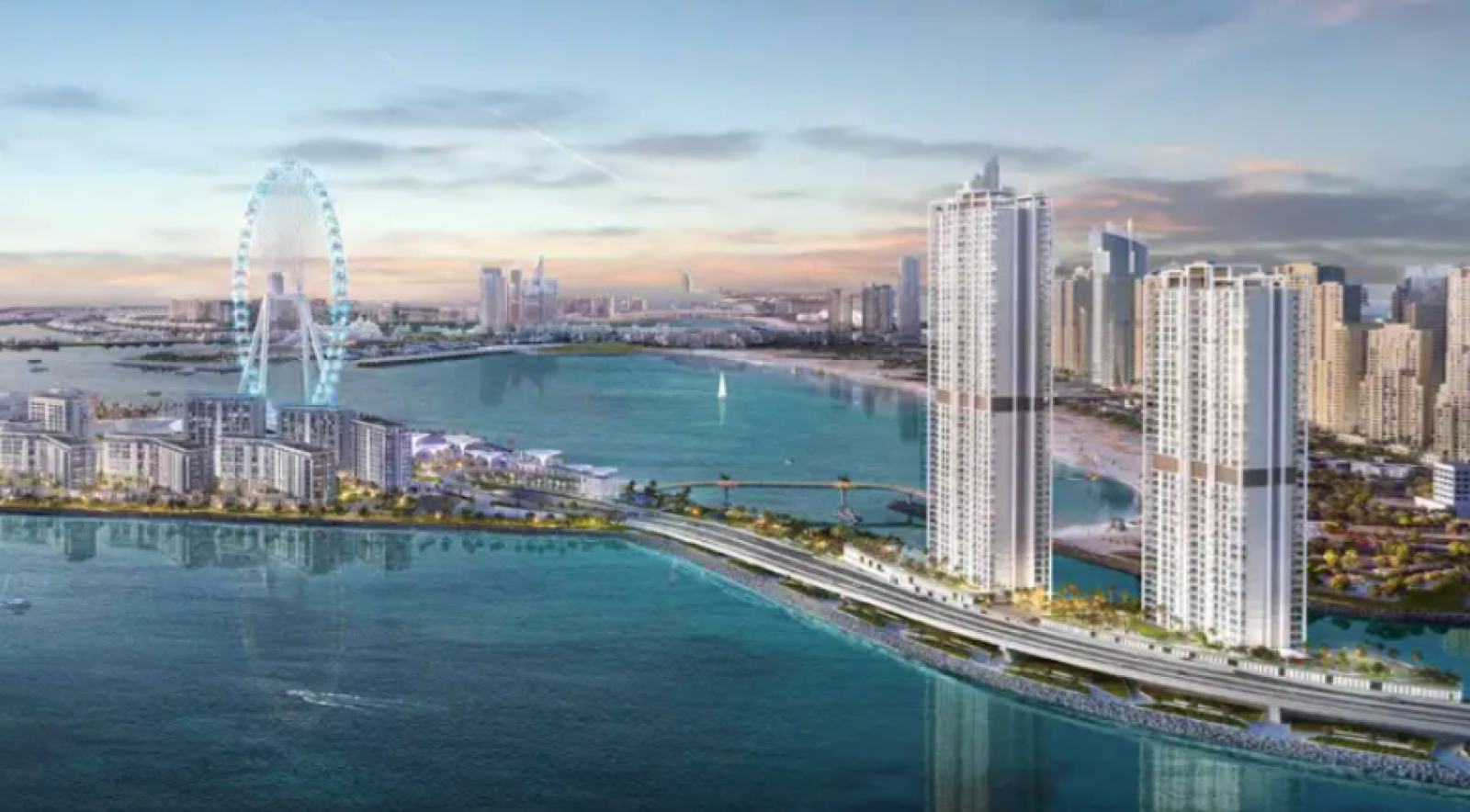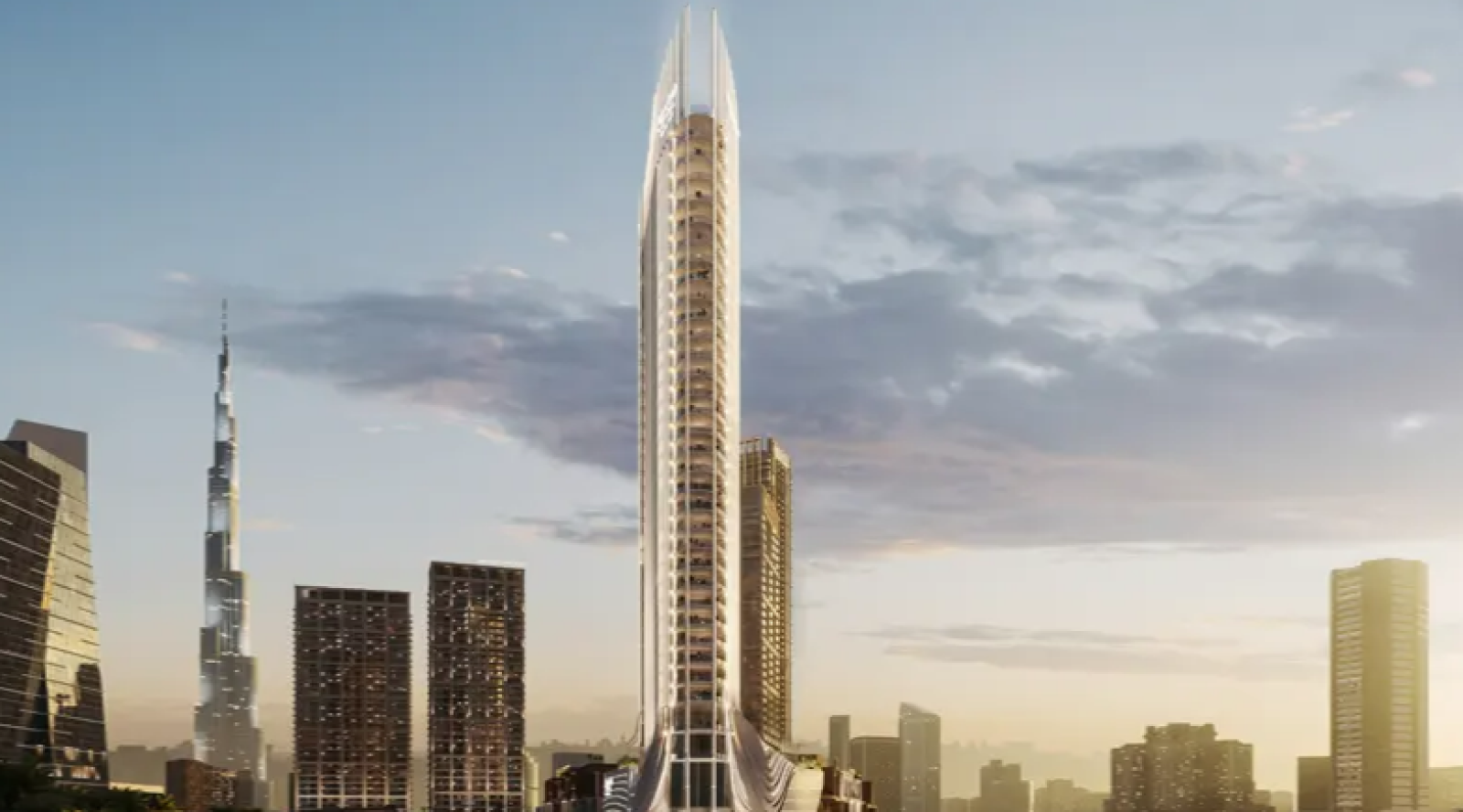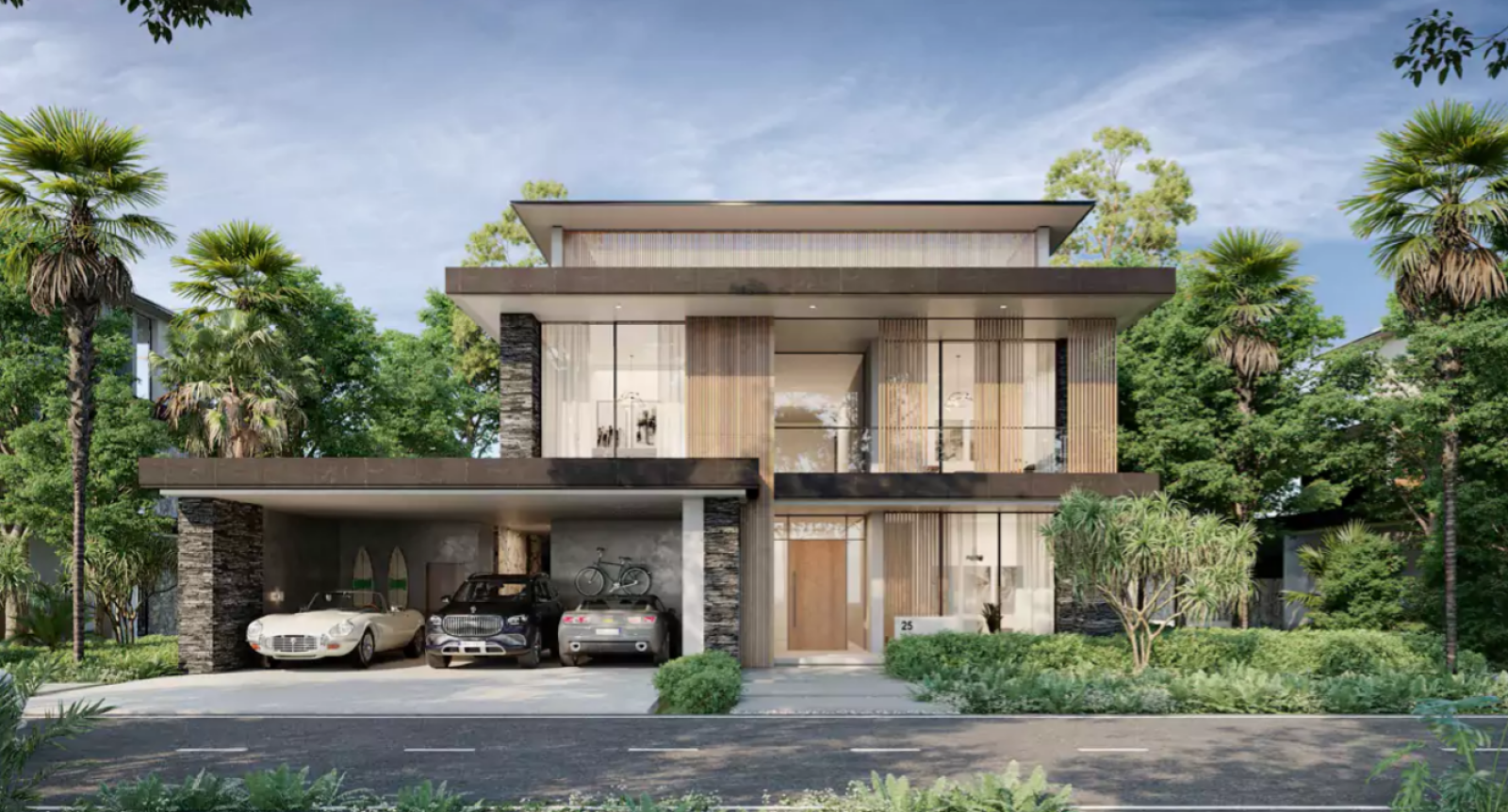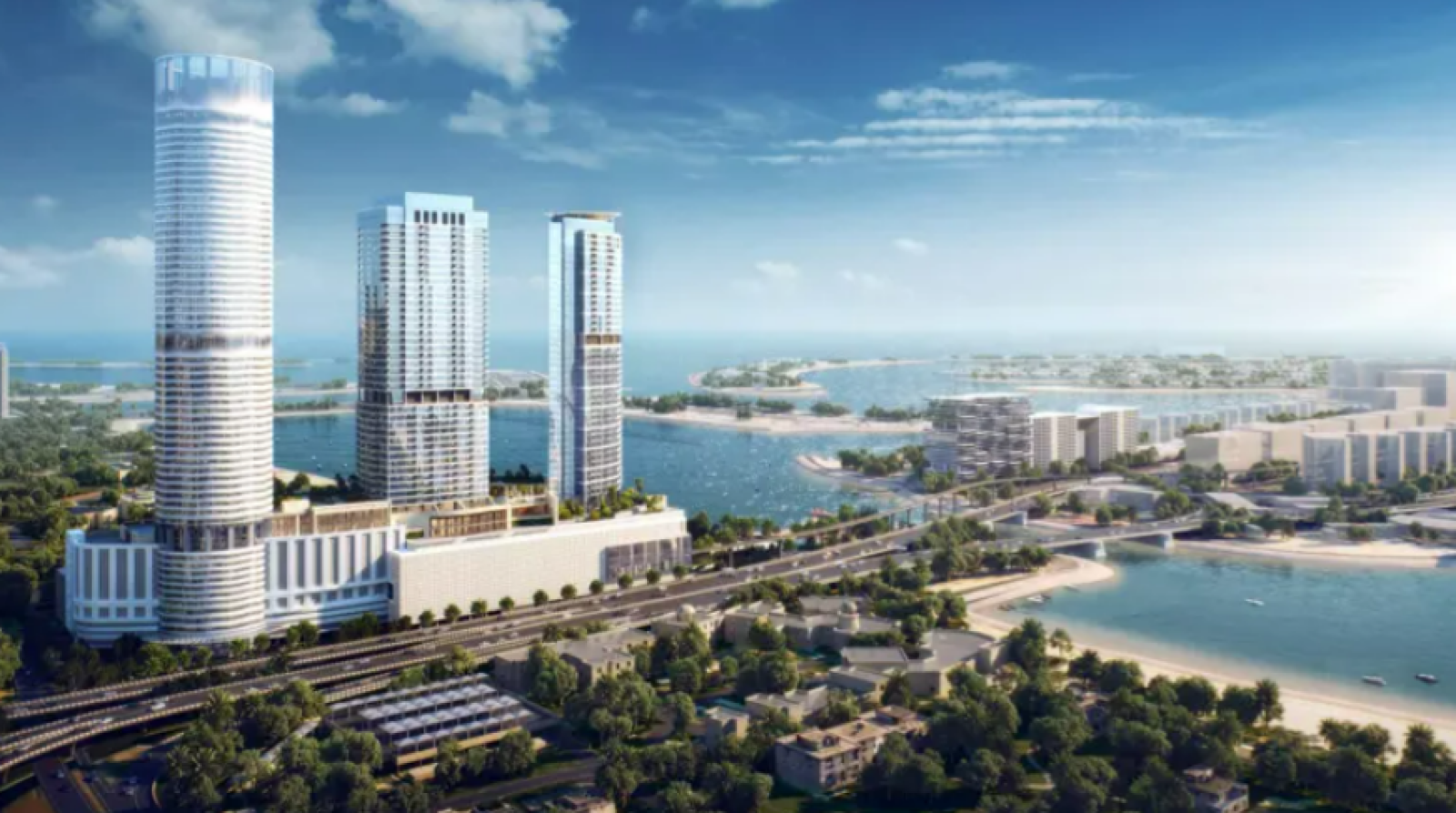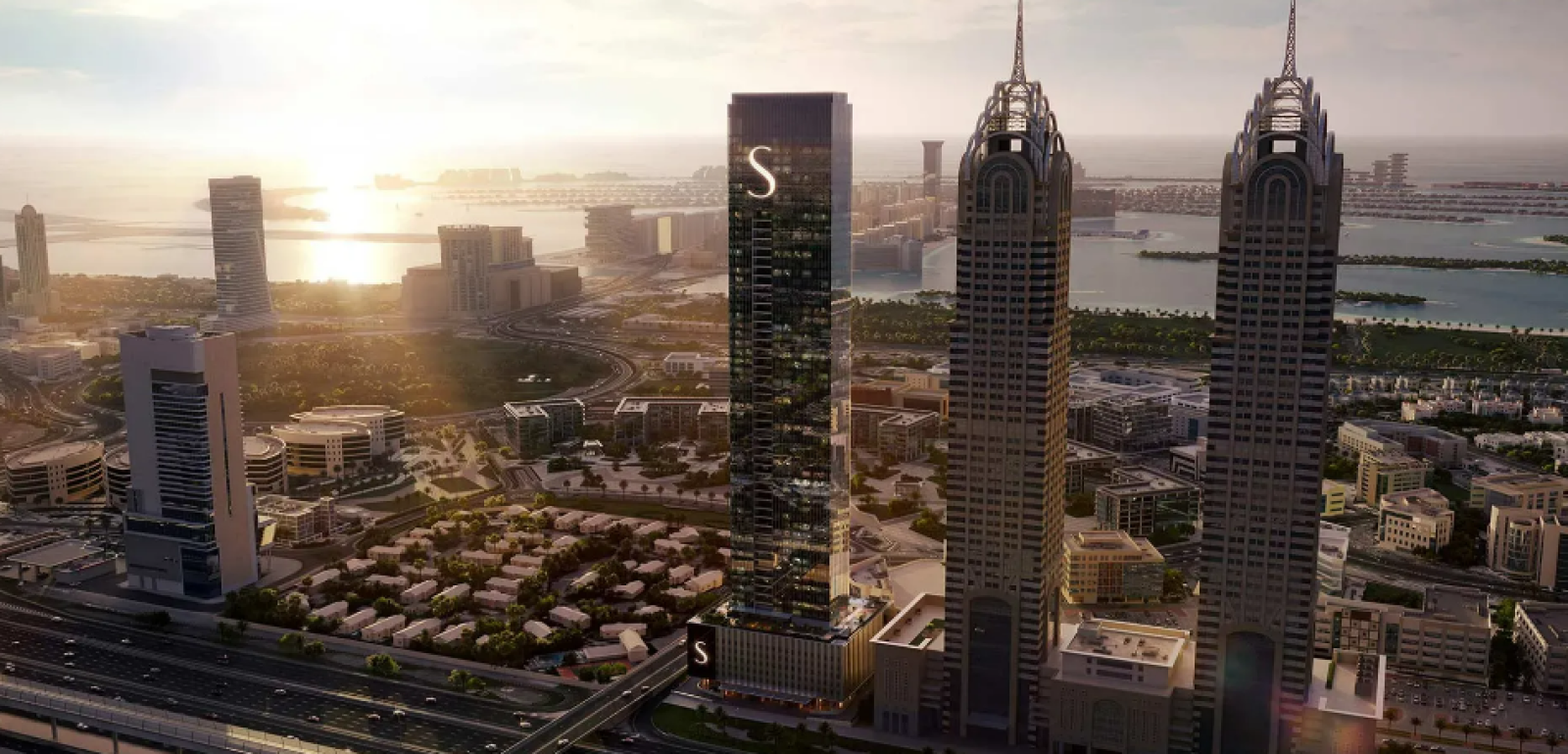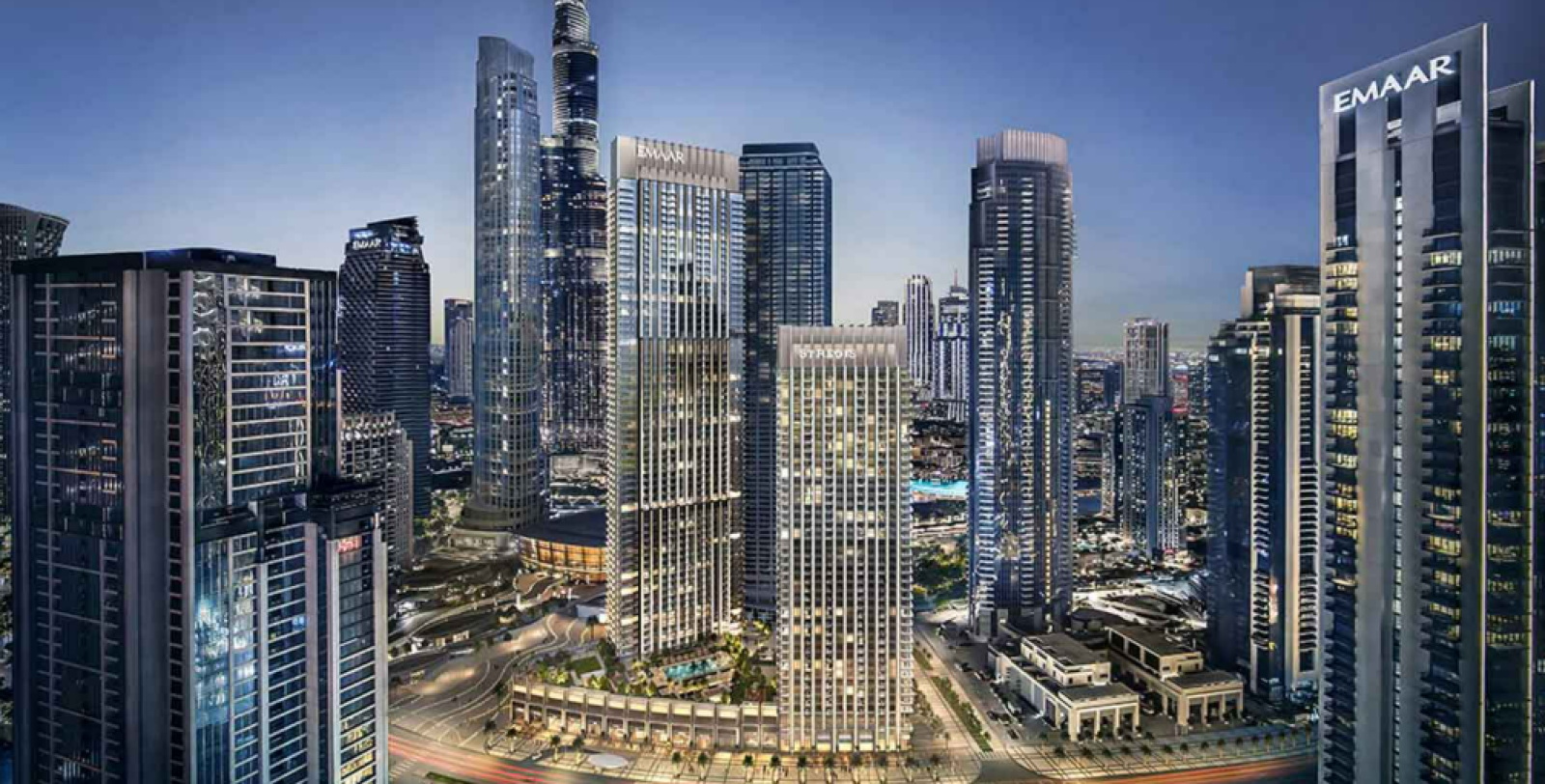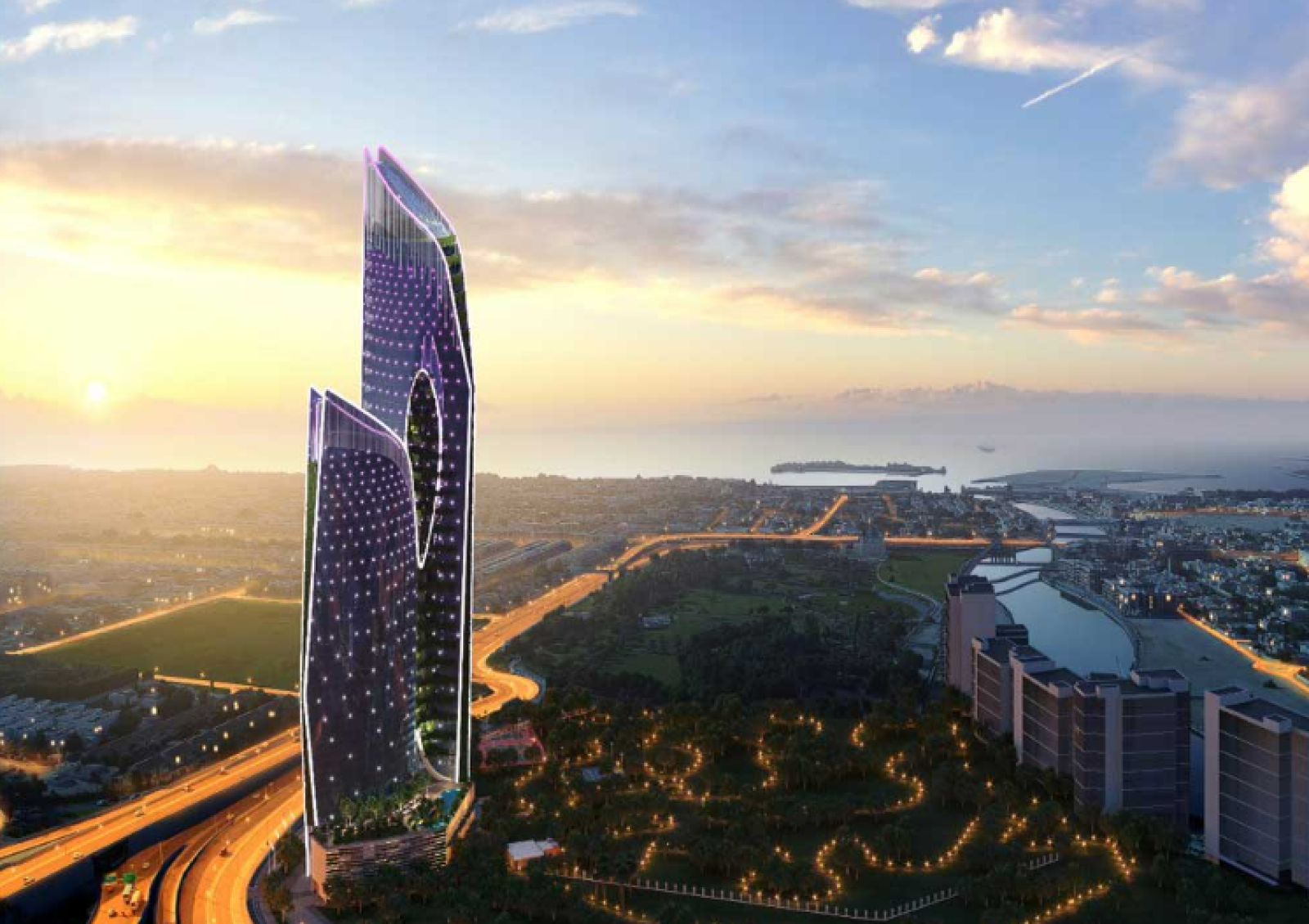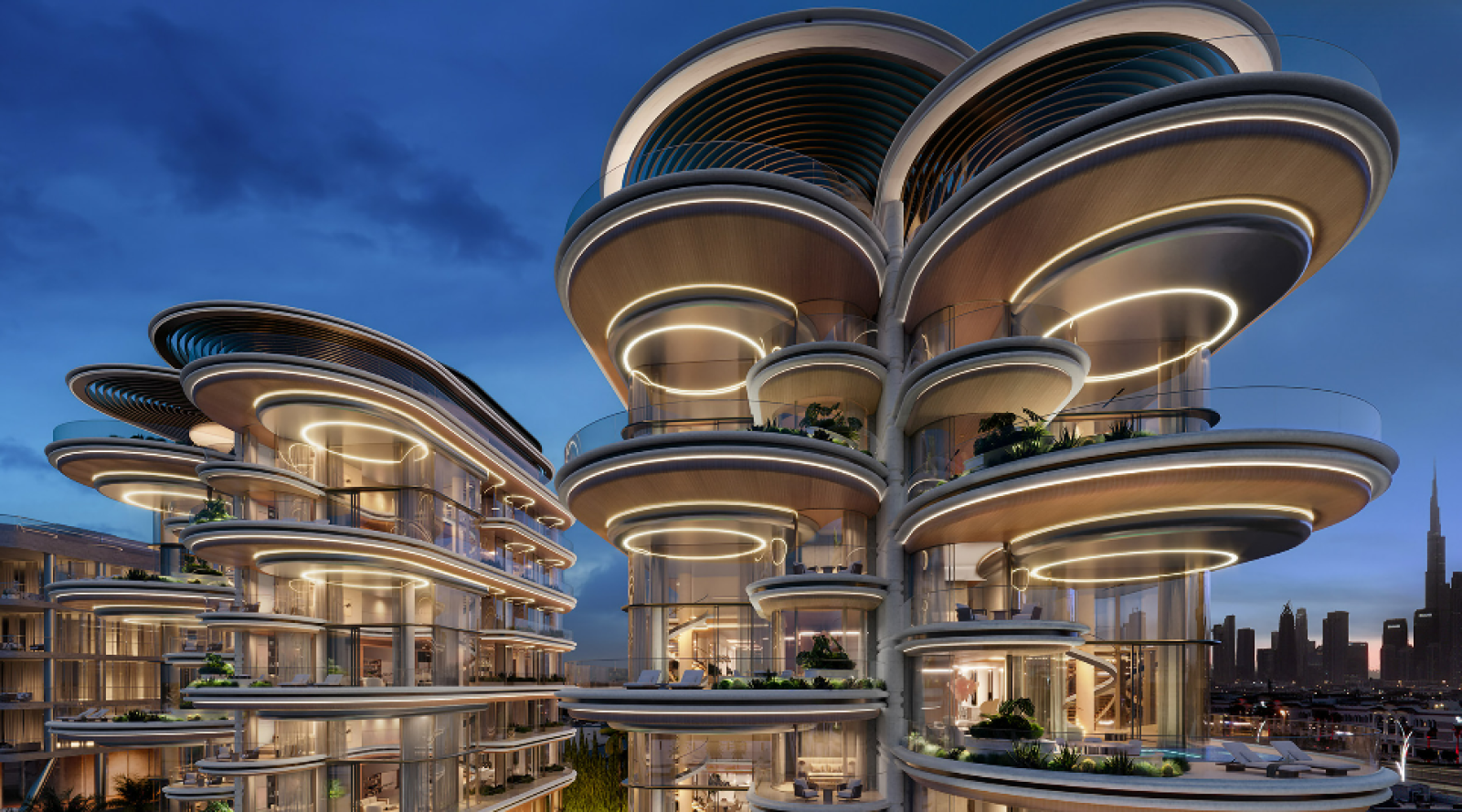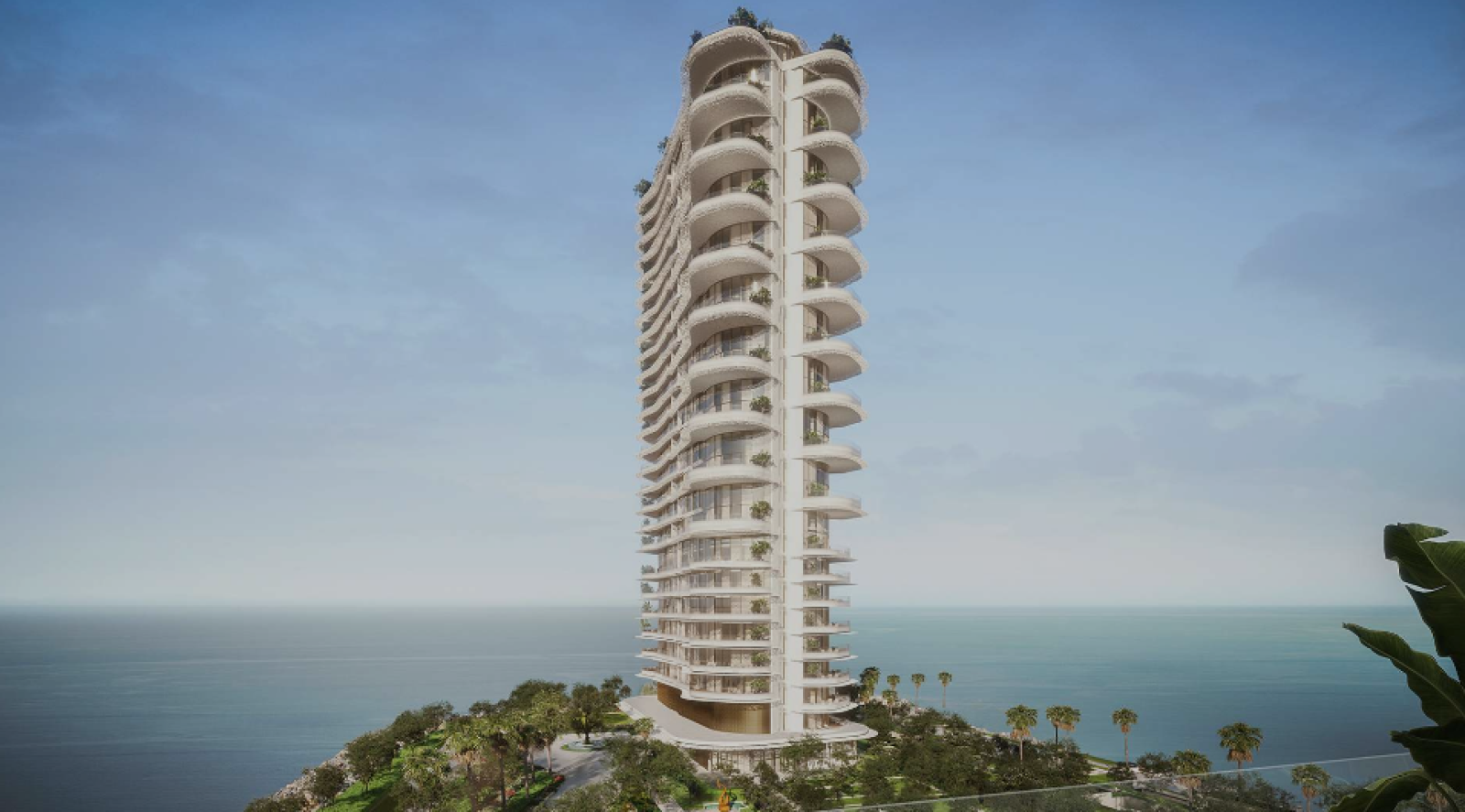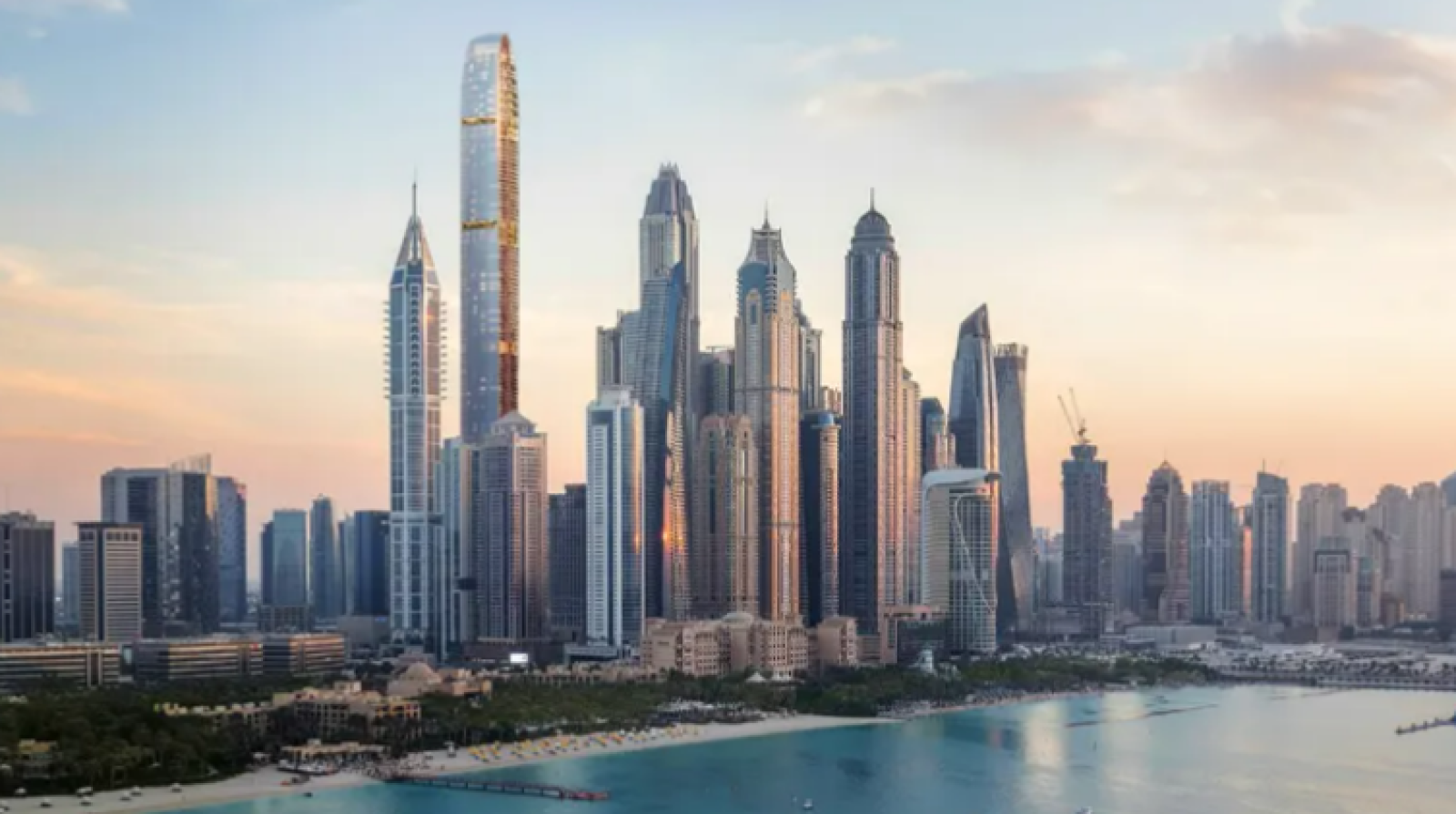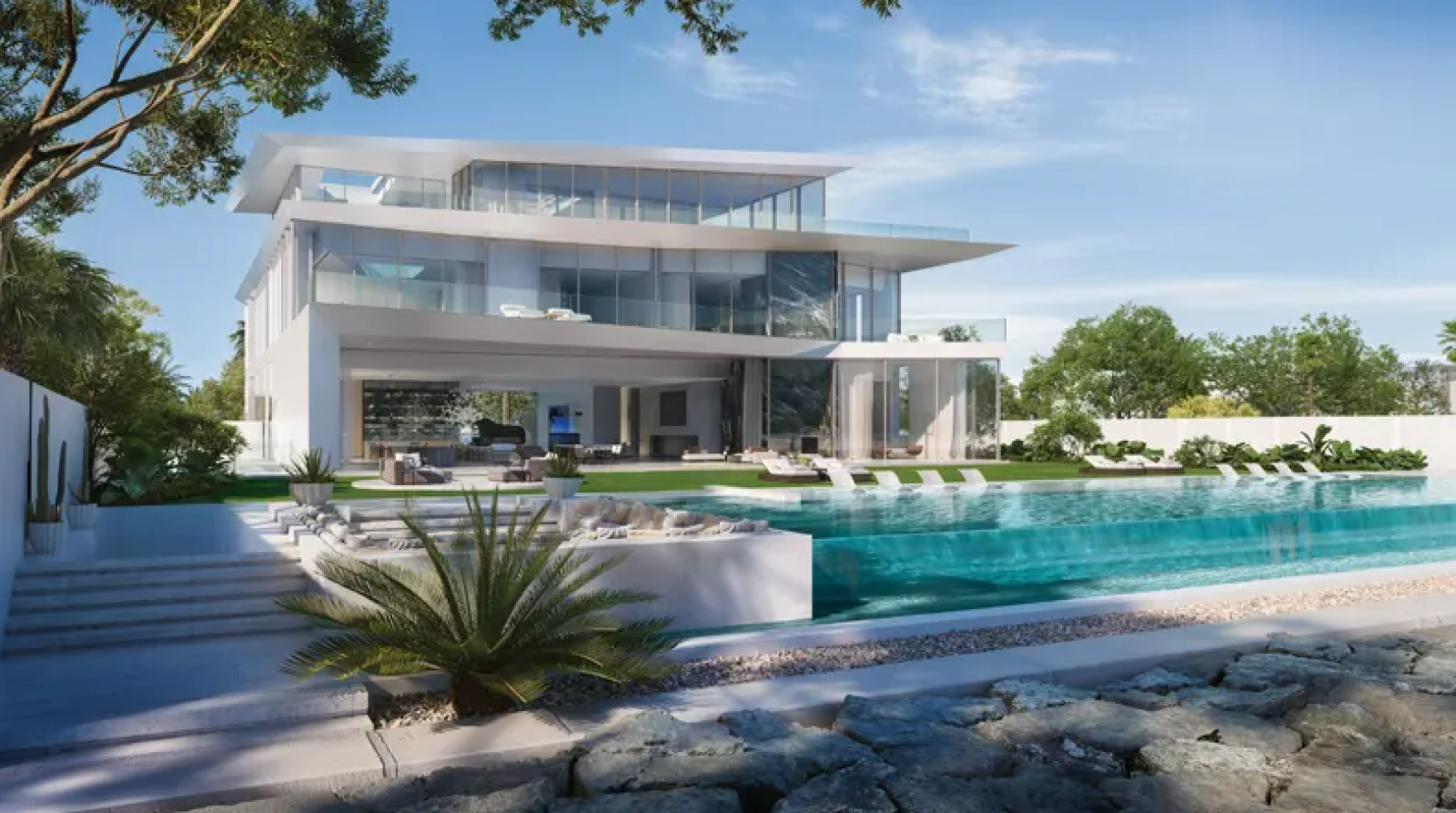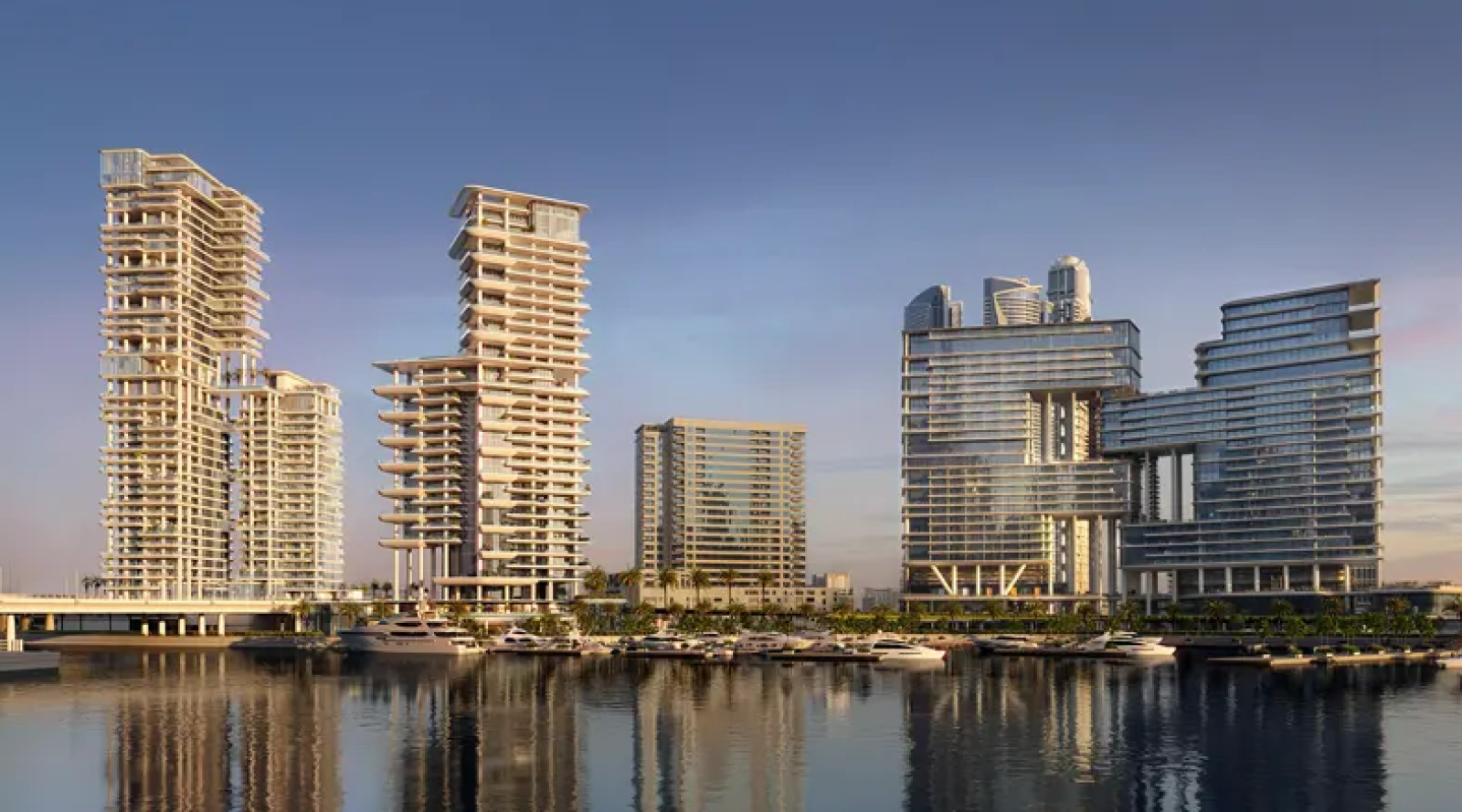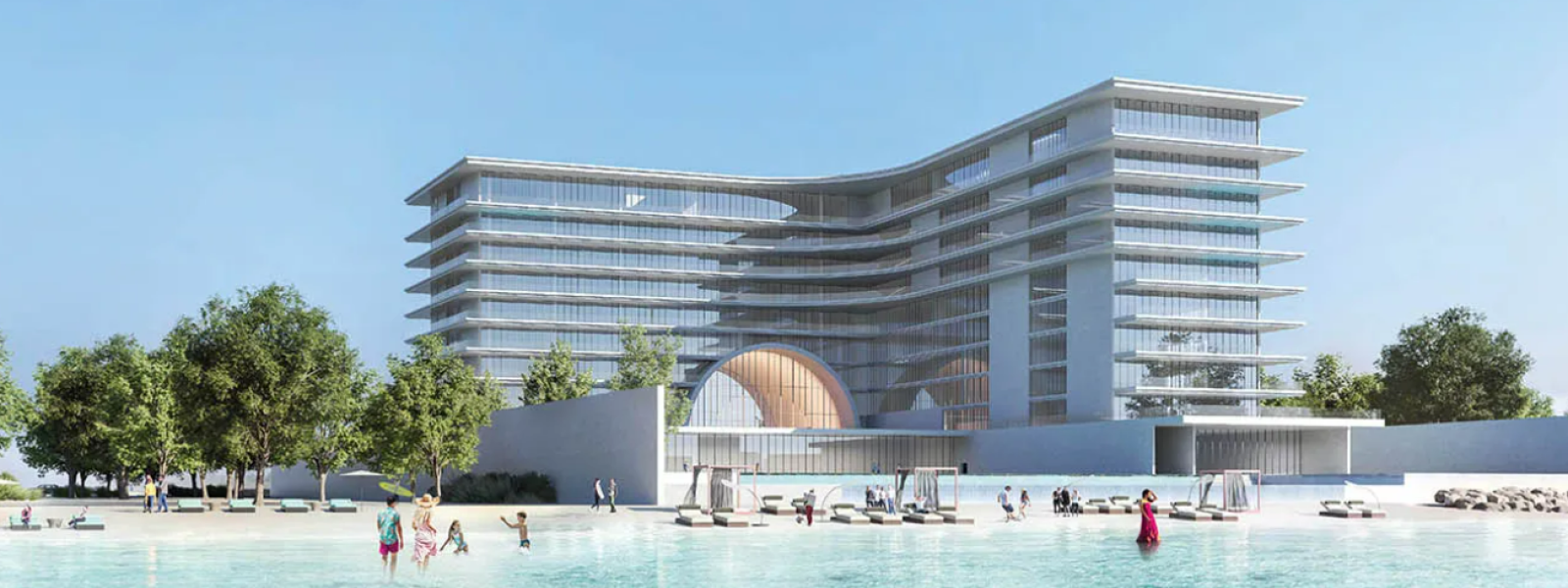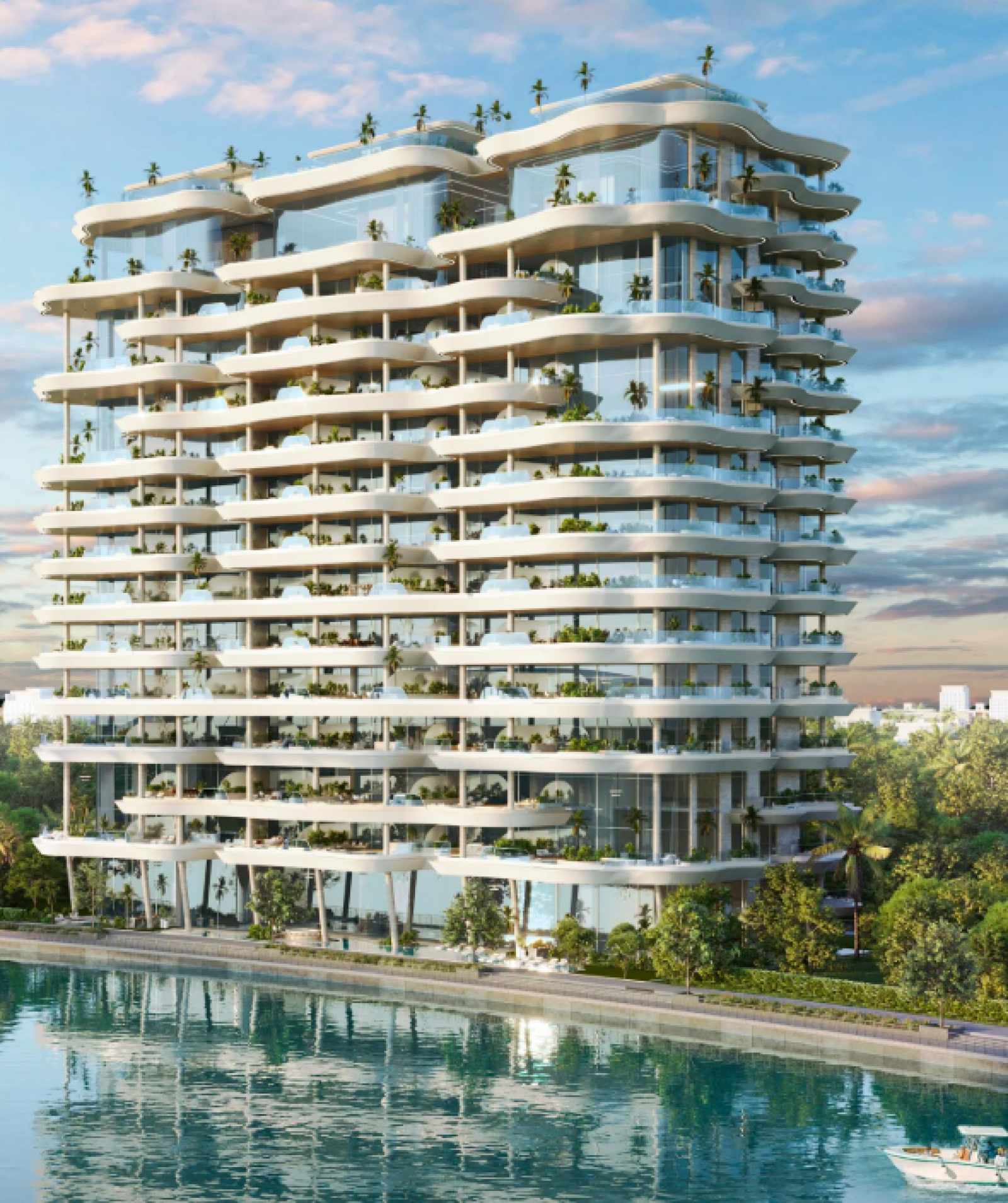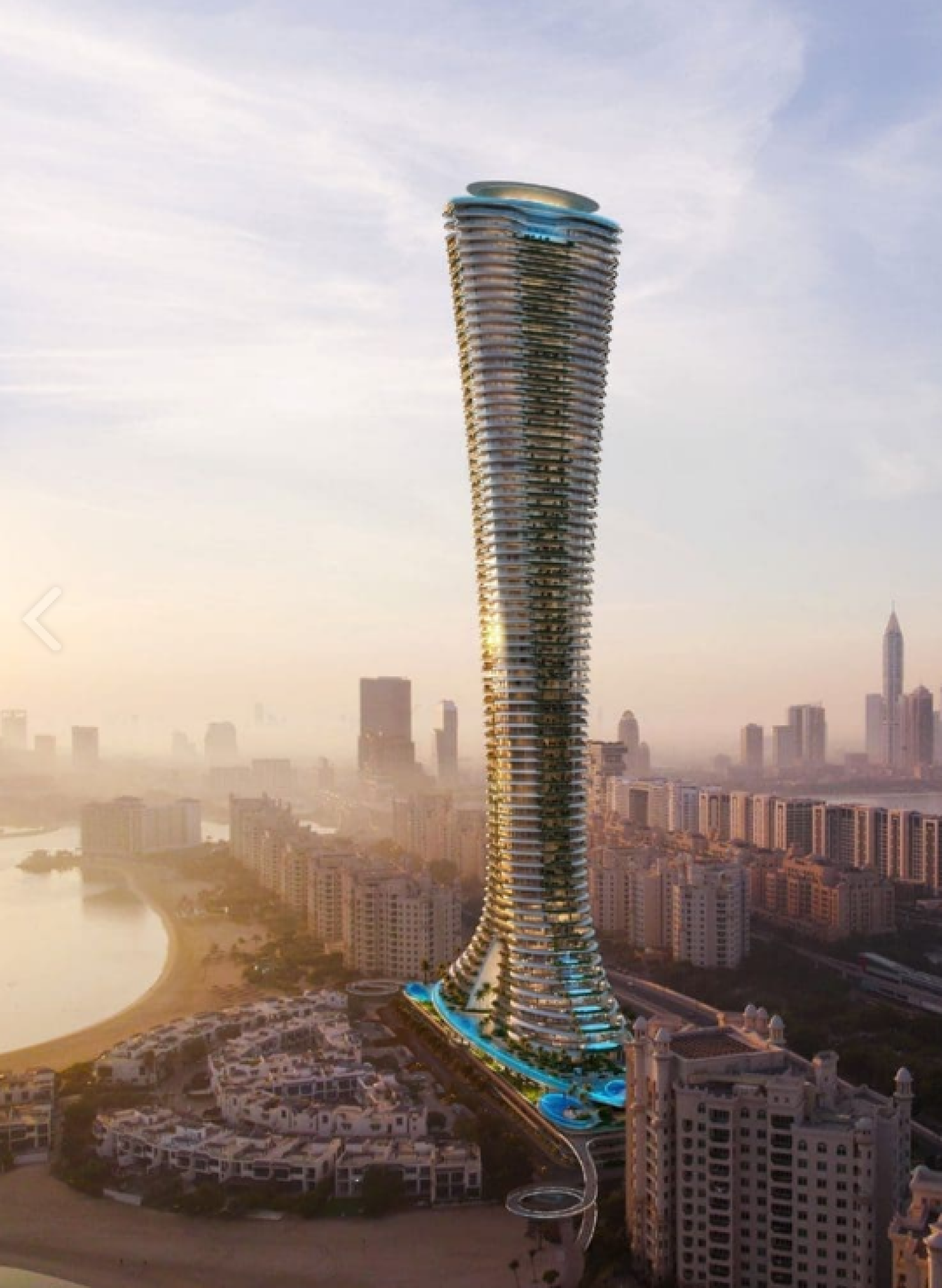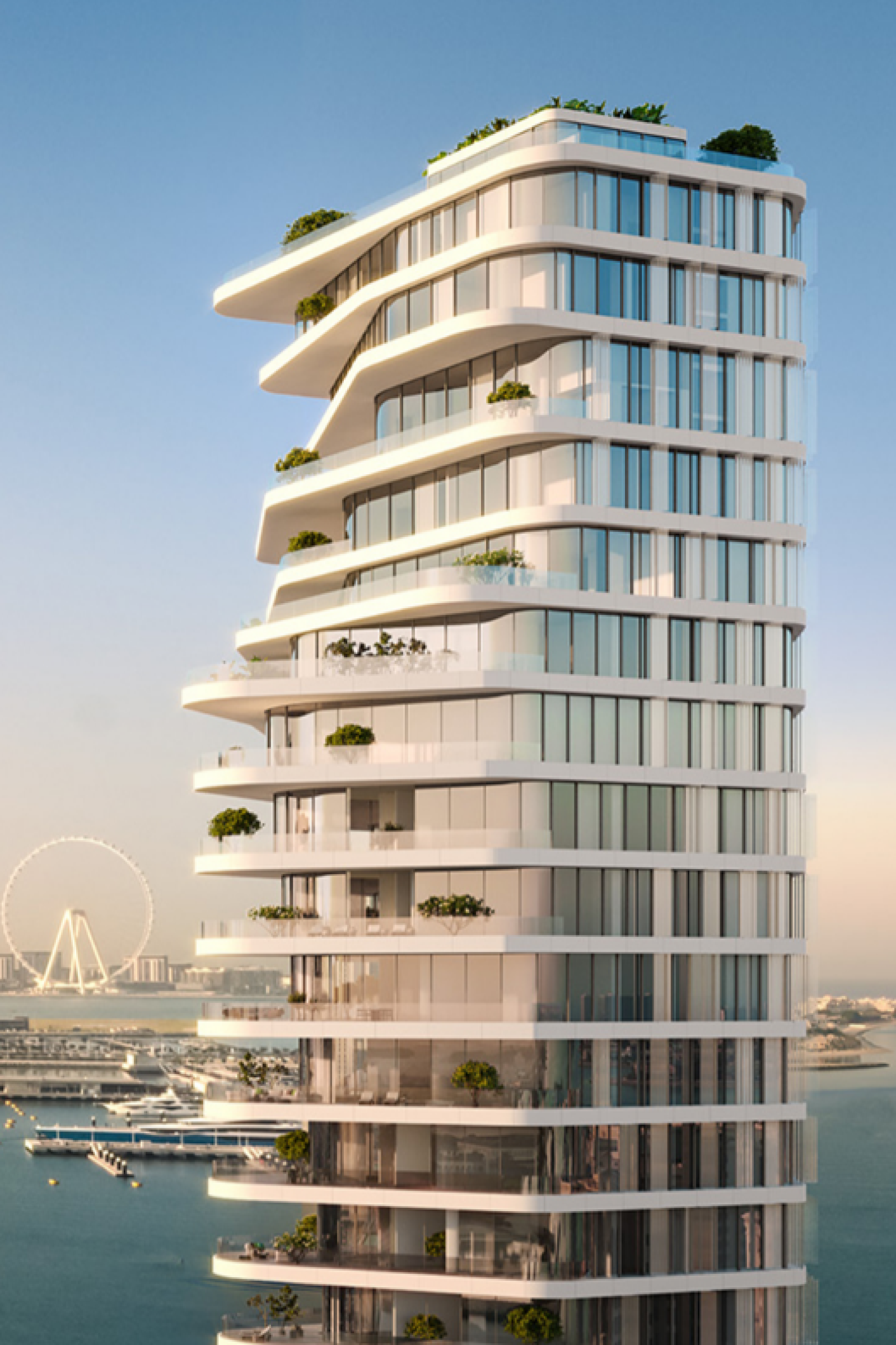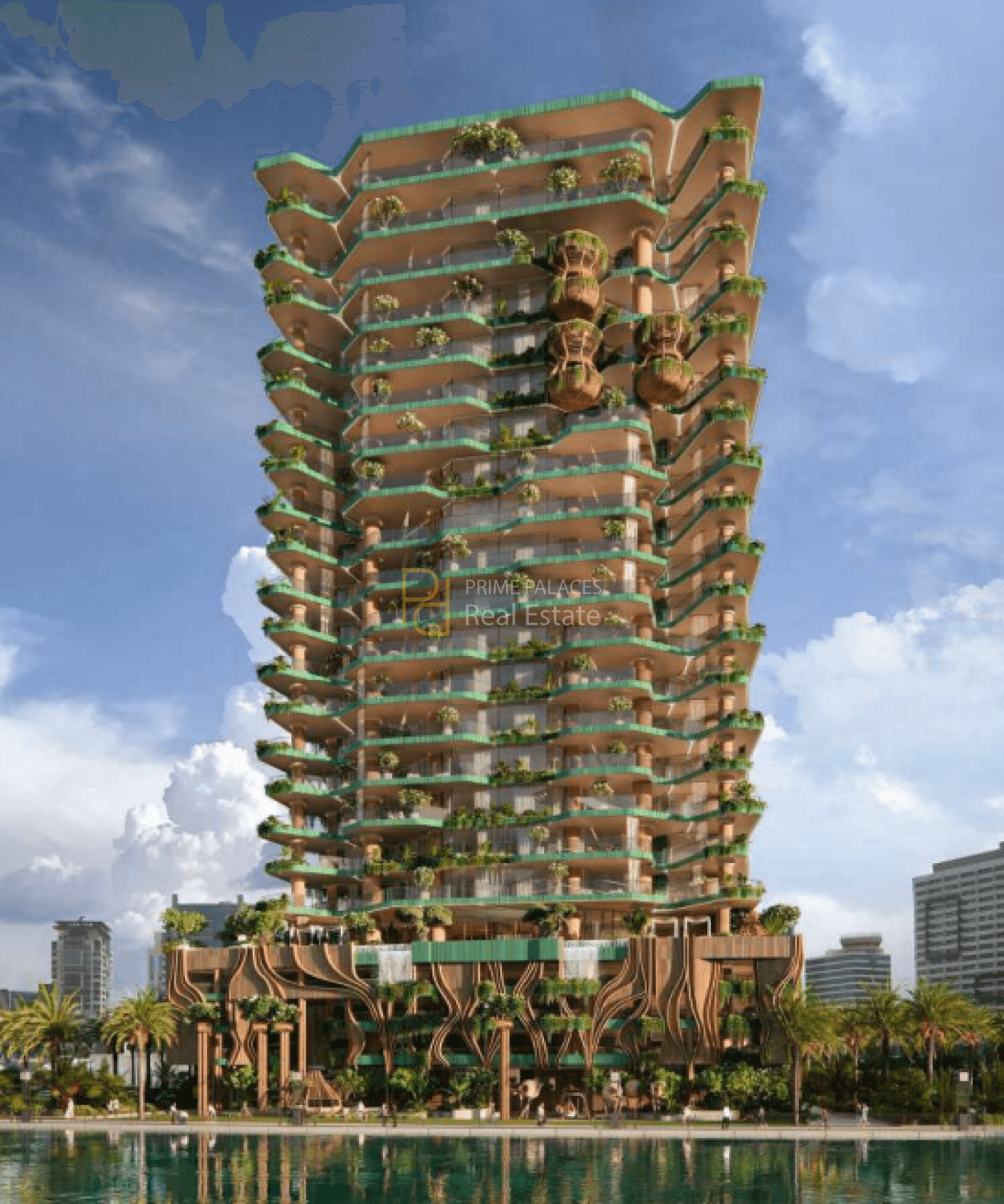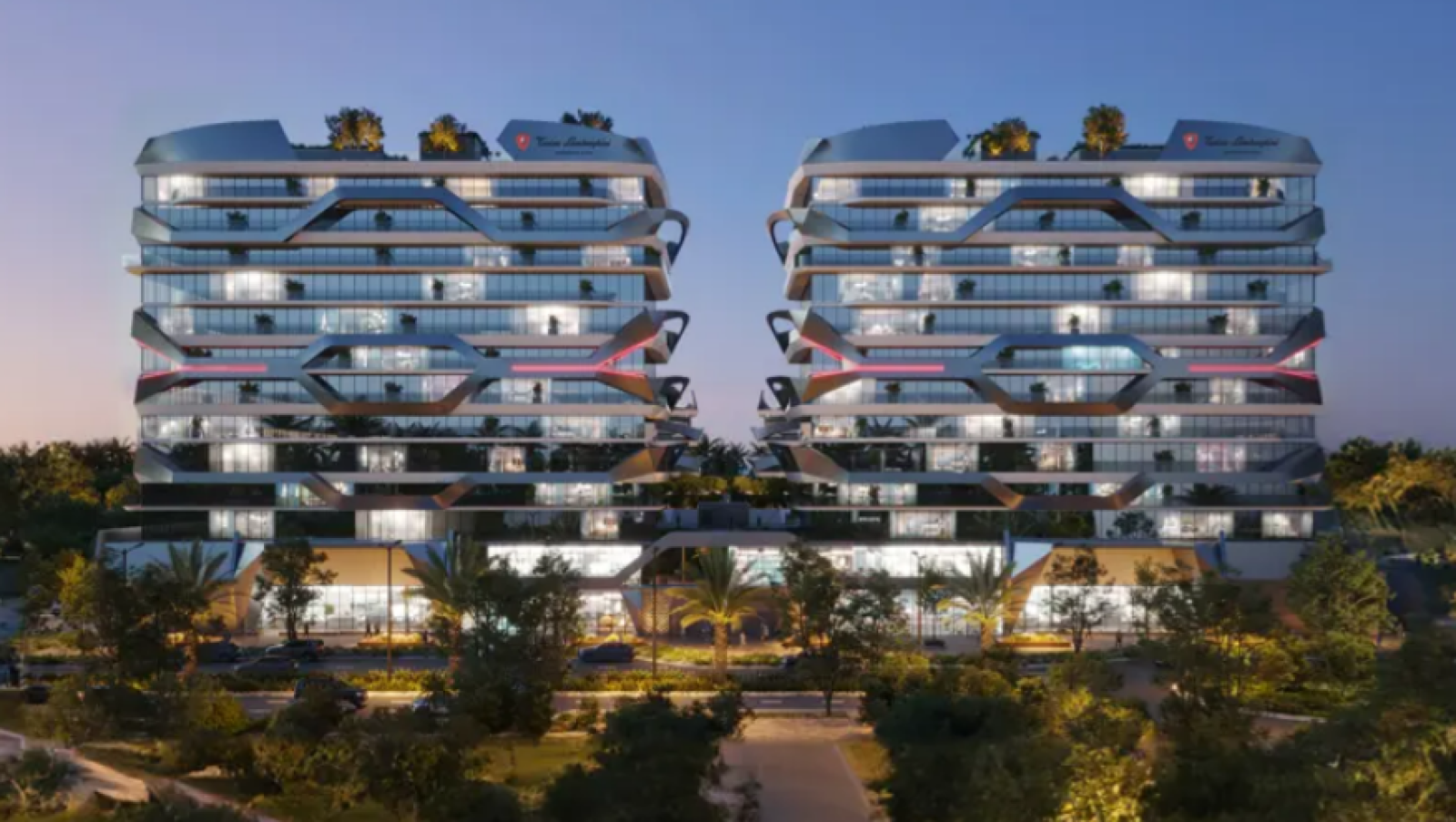Understanding Capital Appreciation in Dubai Real Estate
For investors focused on long-term gains, capital appreciation is just as important as rental income—if not more. It reflects the increase in a property’s market value over time and plays a vital role in building equity and maximizing exit value. In the context of the Dubai property market, capital appreciation is one of the key reasons global investors continue to acquire assets across both residential and commercial sectors.
This article explains what capital appreciation is, how it’s measured, and why Dubai continues to offer attractive growth potential.
1. What Is Capital Appreciation?
Capital appreciation refers to the increase in the market value of a property compared to its original purchase price. It becomes realized when the asset is sold, with the profit representing the investor’s capital gain.
Formula:
(Current Market Value – Purchase Price) = Capital Appreciation
If you bought a property in 2020 for AED 1,000,000 and its current market value in 2025 is AED 1,400,000, your capital appreciation is AED 400,000, or 40%.
2. What Influences Capital Appreciation in Dubai?
Several factors impact how quickly and substantially a property appreciates in value:
-
Location: Proximity to metro lines, business districts, and lifestyle hubs significantly enhances appreciation potential.
-
Community Infrastructure: Master-planned communities with malls, schools, and parks perform better over time.
-
Developer Reputation: High-quality projects by trusted developers often outperform in resale value.
-
Market Timing: Buying during market dips can result in greater long-term value increases.
-
Urban Expansion: Areas included in Dubai’s 2040 Urban Master Plan are expected to see consistent capital growth.
3. Capital Appreciation in Dubai: Current Trends
In recent years, Dubai has seen impressive capital appreciation across many districts, driven by increased demand, economic resilience, and infrastructure investment.
Examples of high-performing areas:
-
Dubai Hills Estate: Gained 25%+ in average resale value over 3 years
-
JVC and Arjan: Emerging communities showing strong appreciation due to affordability and connectivity
-
Downtown Dubai: Continues to hold high value, with consistent growth fueled by luxury demand
-
Palm Jumeirah: Premium waterfront properties experienced sharp appreciation post-2020
Investors who entered the market during 2020–2021 saw substantial equity growth by 2024–2025.
4. How Capital Appreciation Complements Rental Yield
While rental income in Dubai delivers regular cash flow, capital appreciation builds long-term wealth. Properties with lower short-term yields may offer higher future resale value—ideal for investors with a multi-year horizon.
Balancing both metrics is essential in a well-structured investment strategy.
5. Capital Appreciation and Off-Plan Properties
Off-plan properties in Dubai are often priced lower during the launch phase. By the time construction is completed and handover occurs, many units appreciate in value due to market demand, area development, and limited inventory.
For example, off-plan apartments in Dubai Creek Harbour launched at AED 1,200 per sq. ft. have appreciated to AED 1,600+ upon completion—generating strong capital gains for early investors.
6. Tax-Free Gains and Investor Advantages
Unlike many global cities, Dubai does not levy capital gains tax. This makes any capital appreciation in Dubai real estate 100% profit for the investor. This tax-free framework, combined with full foreign ownership in freehold zones, enhances ROI and global appeal.
Conclusion
Capital appreciation in Dubai real estate is a powerful wealth-building tool for long-term investors. With infrastructure growth, consistent demand, and a favorable tax environment, Dubai continues to offer one of the most attractive markets for appreciating property assets.

